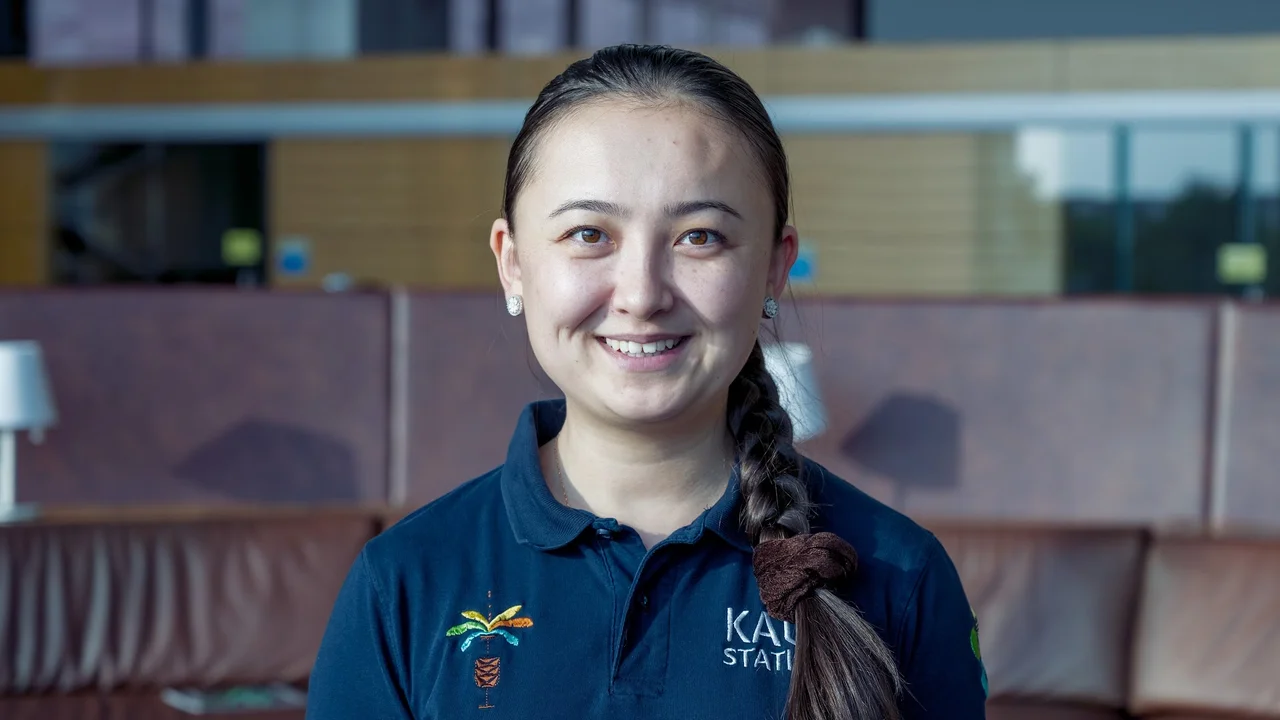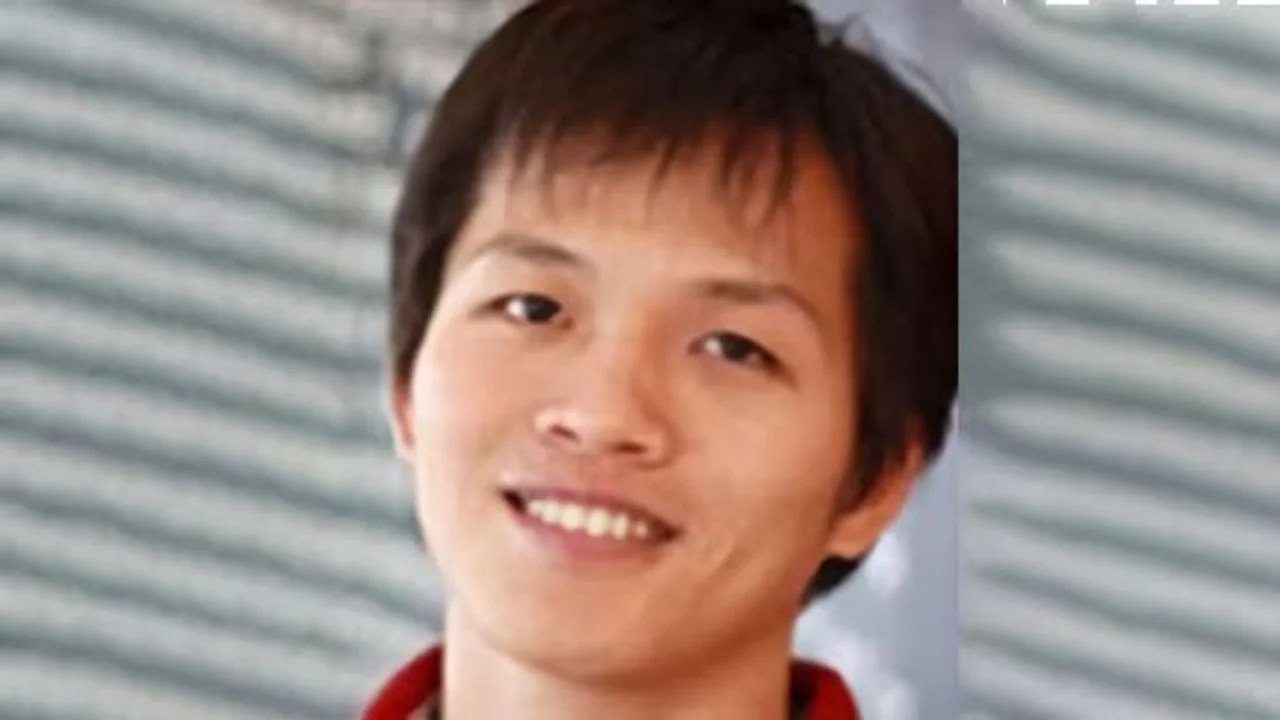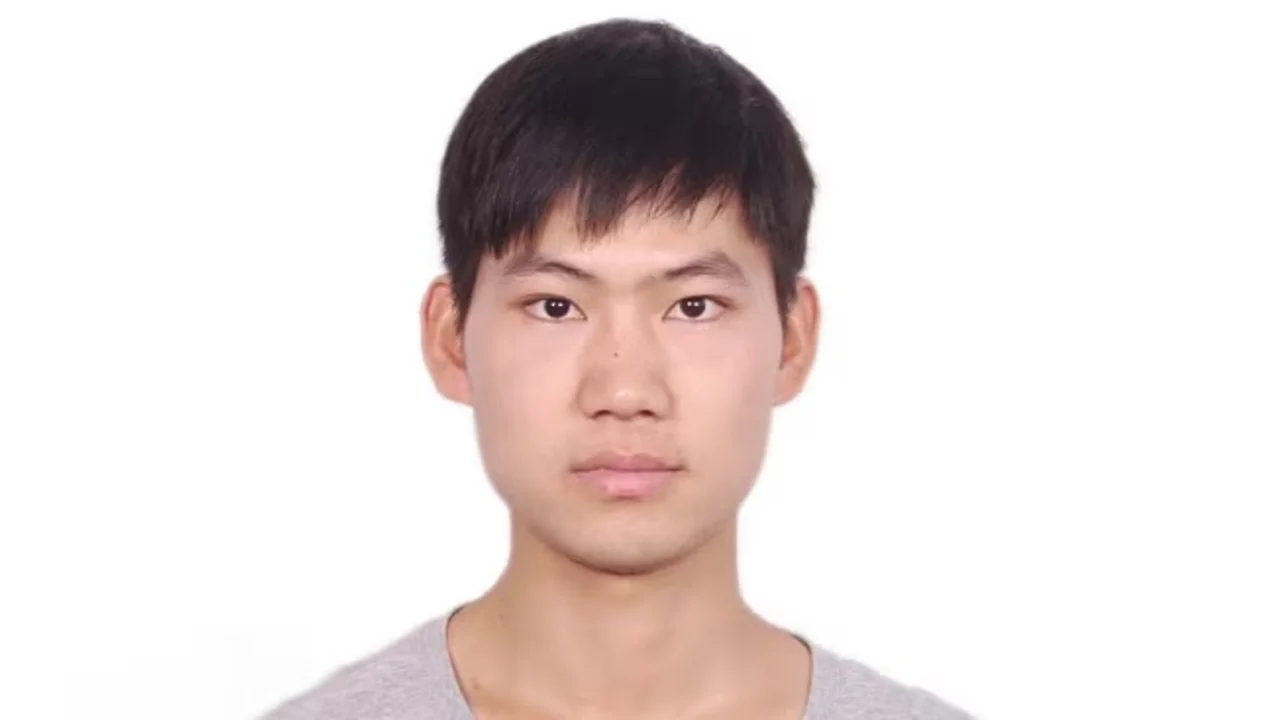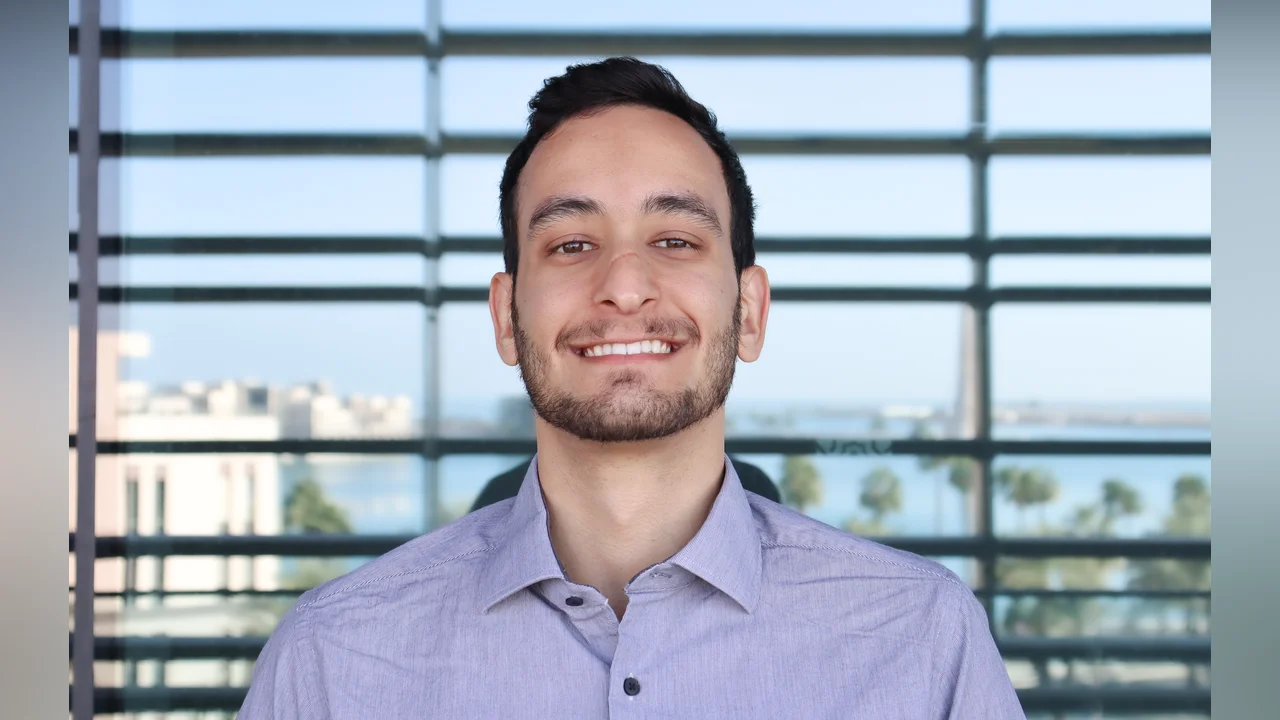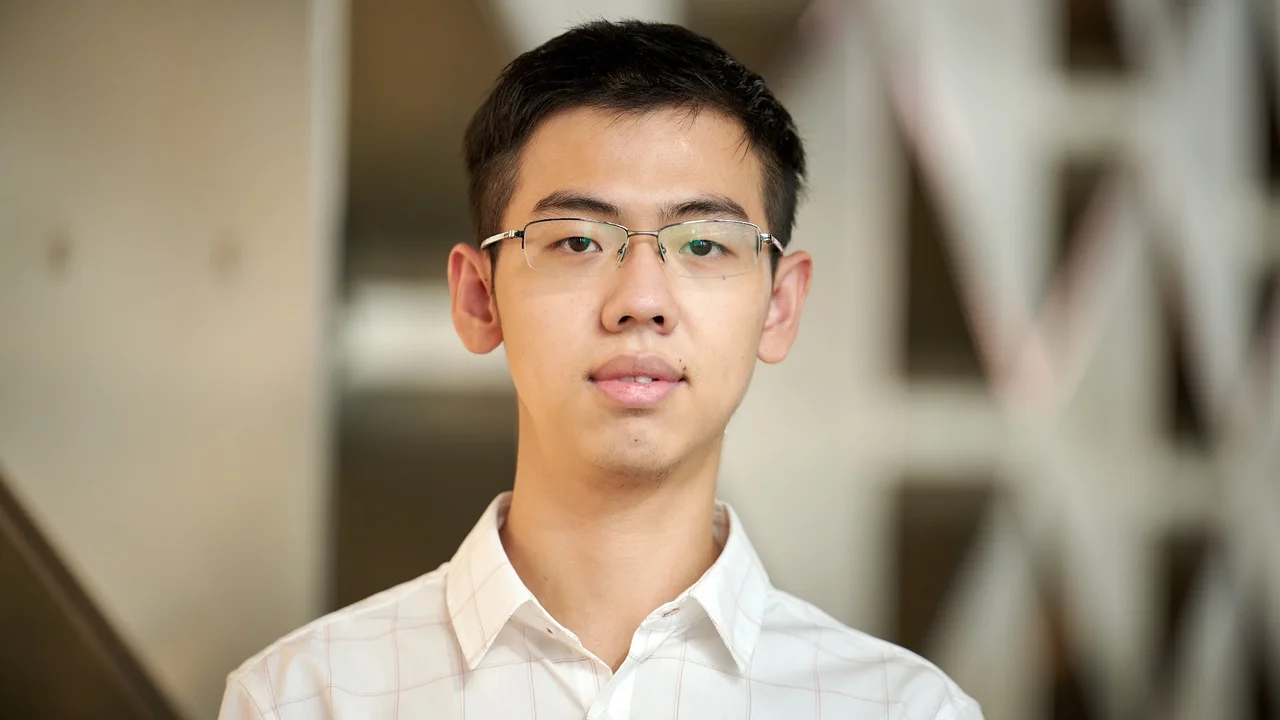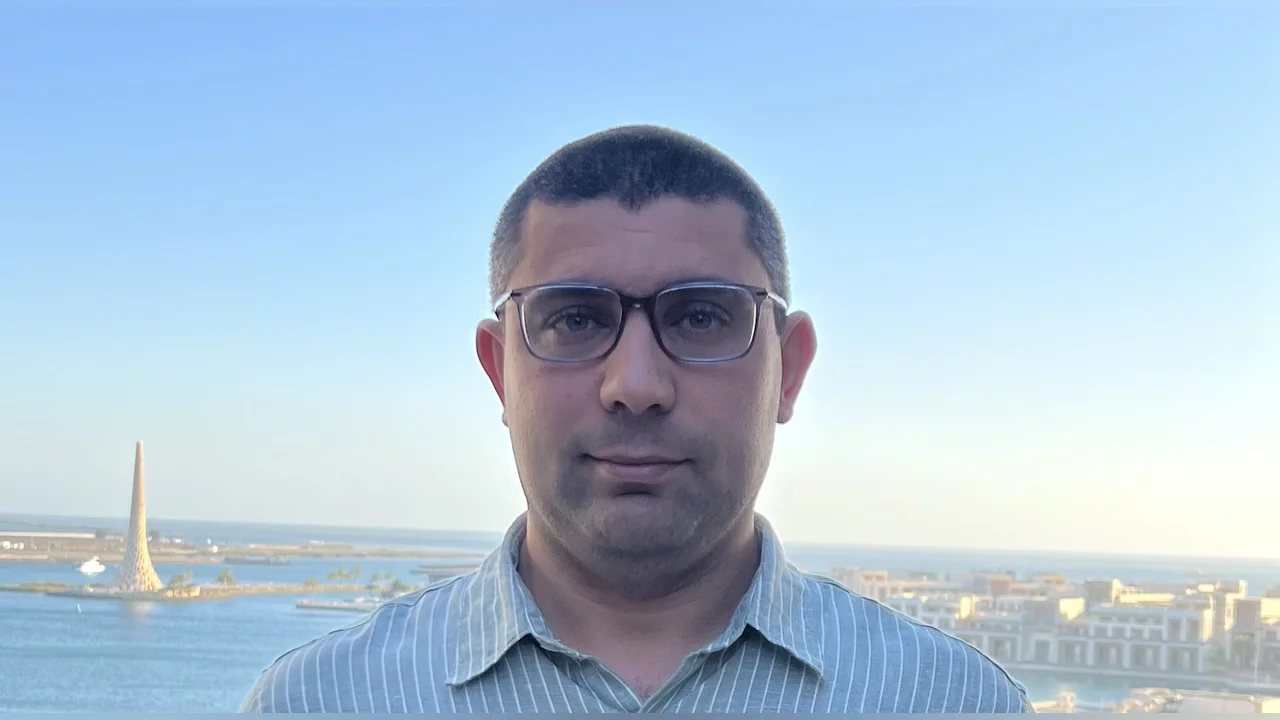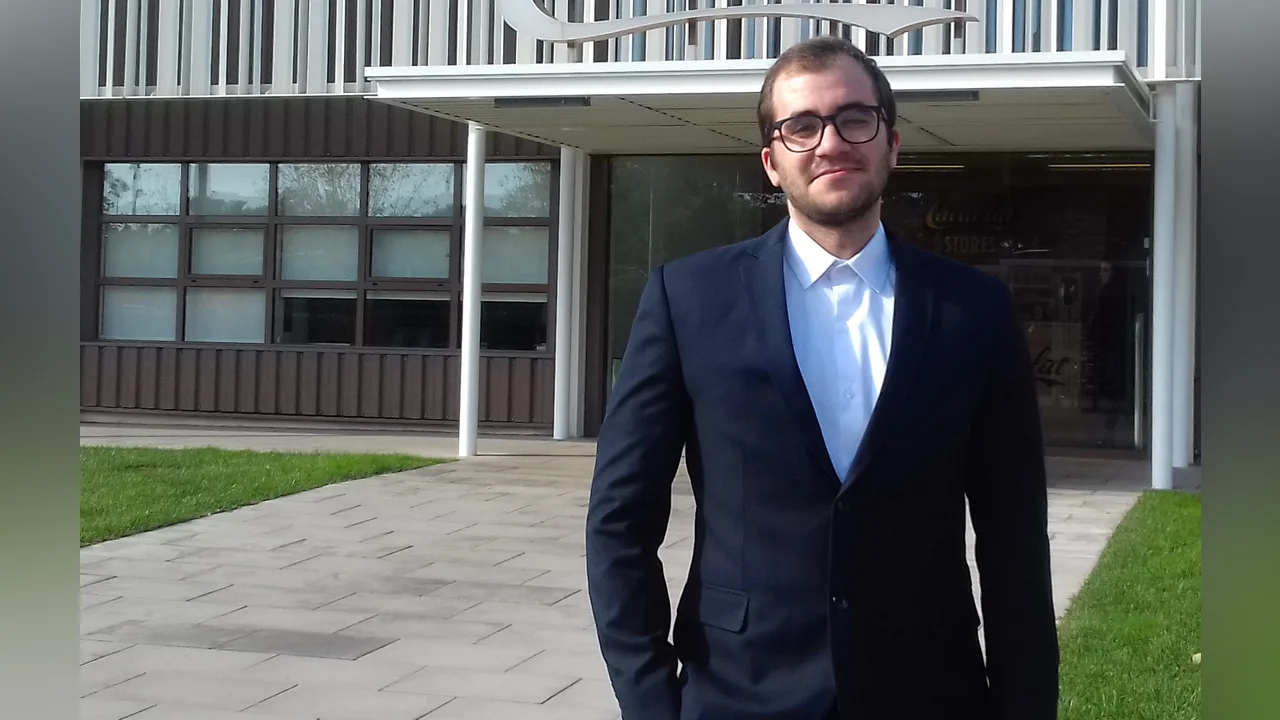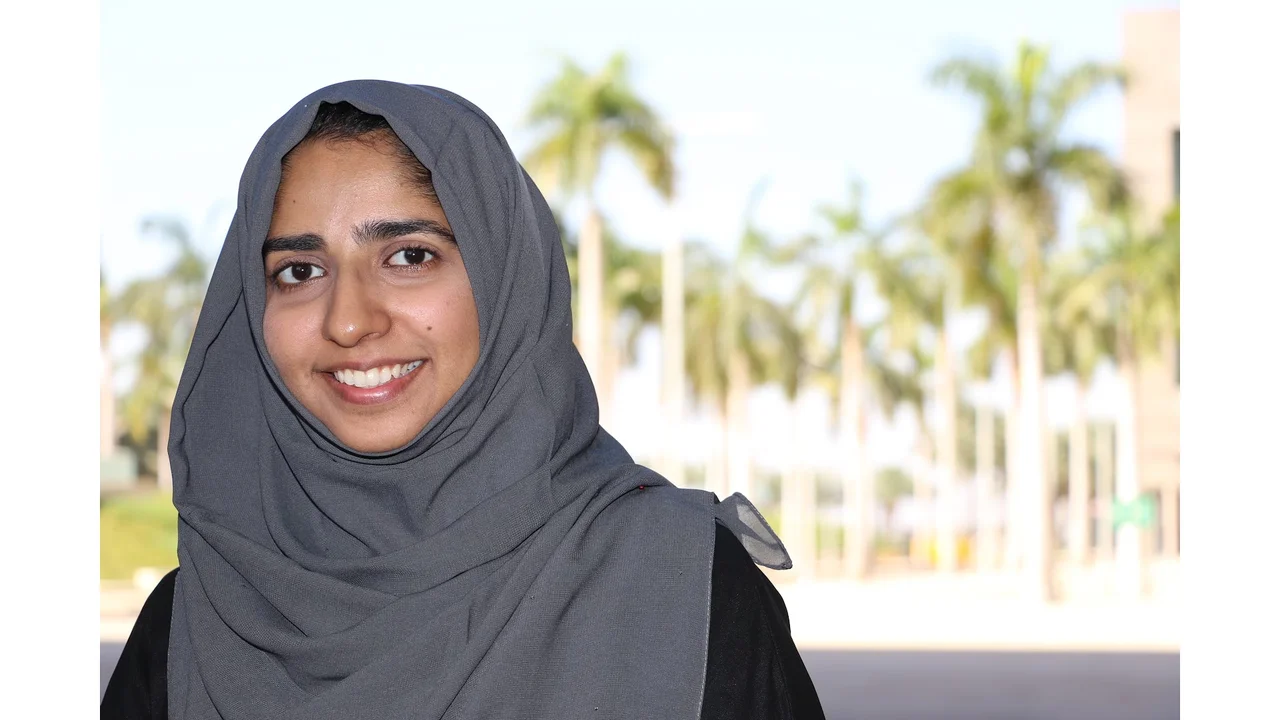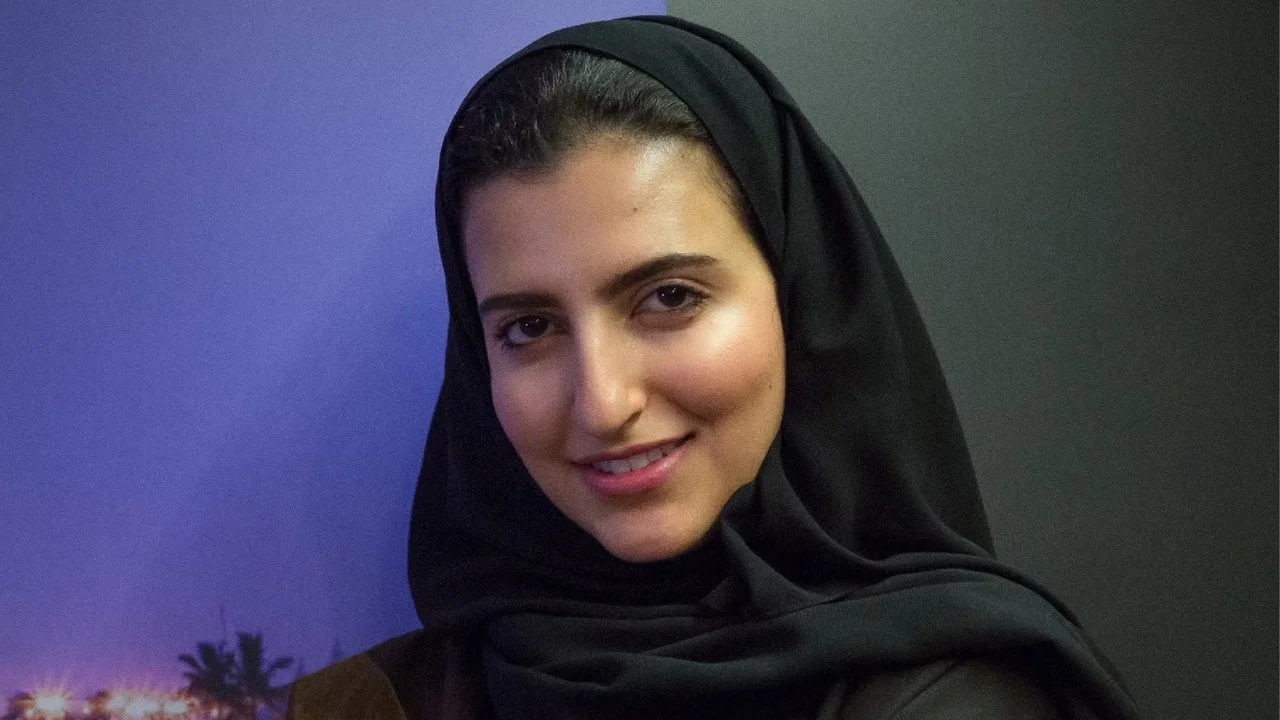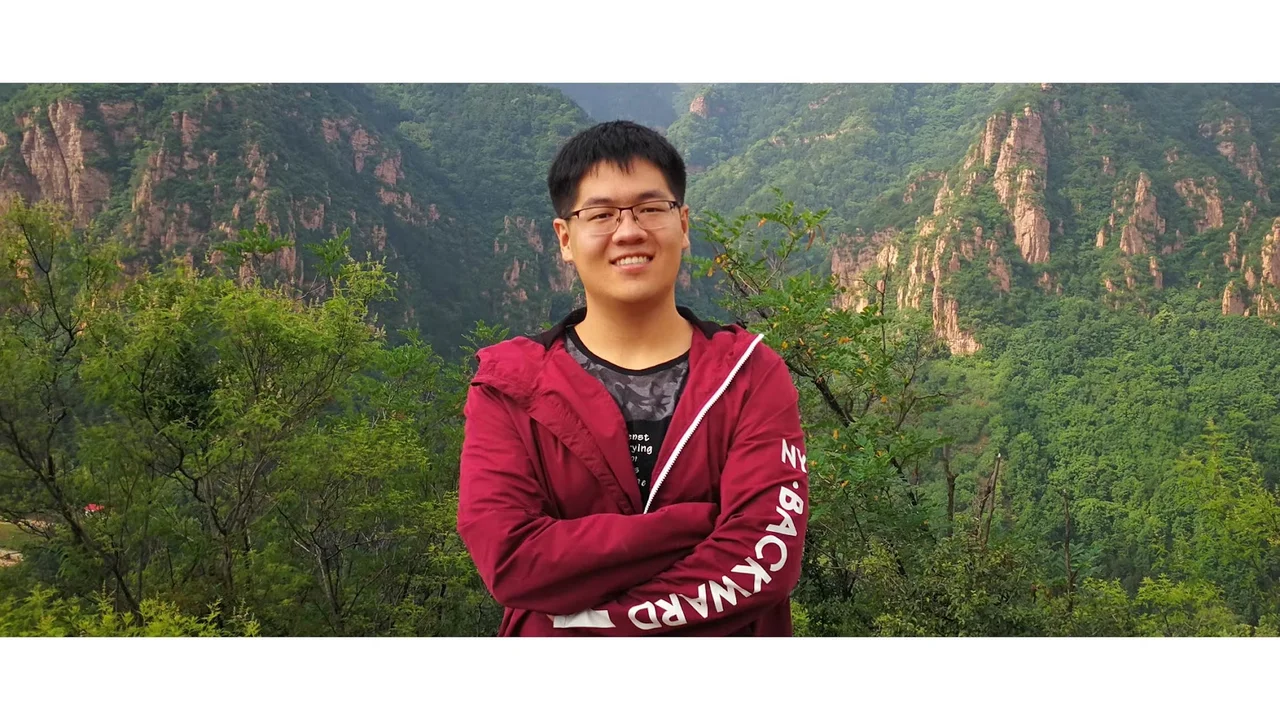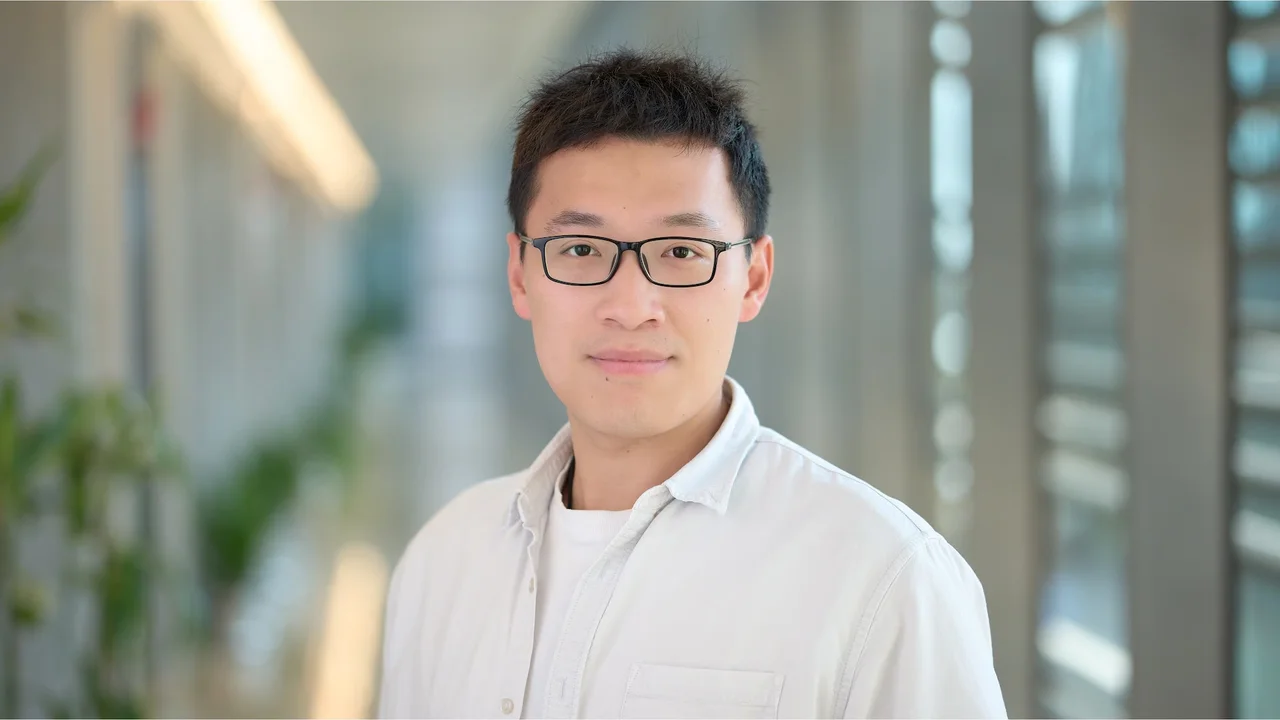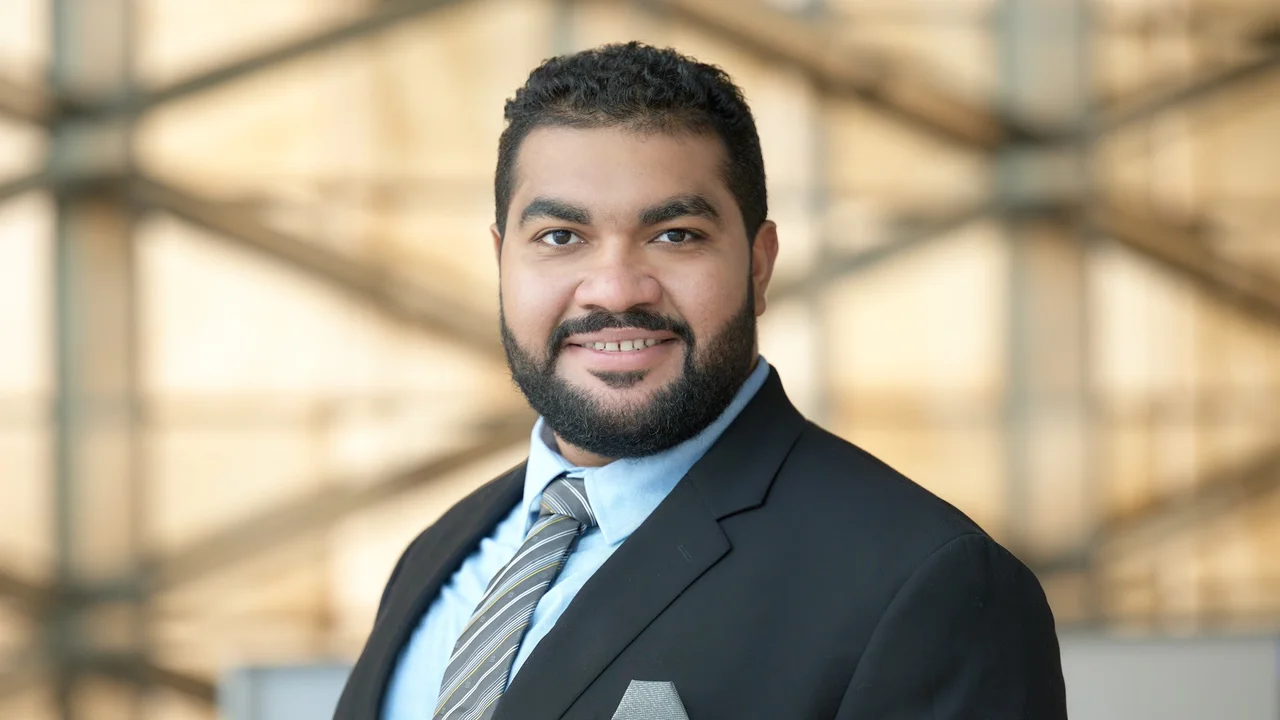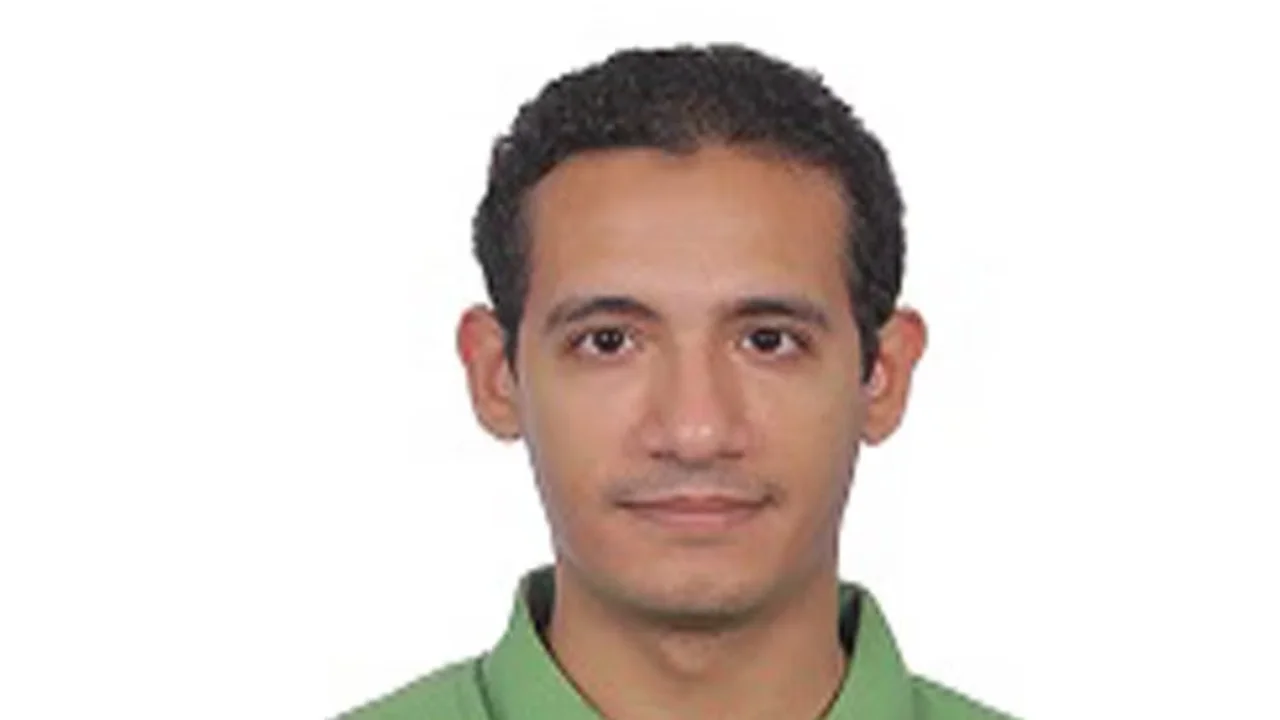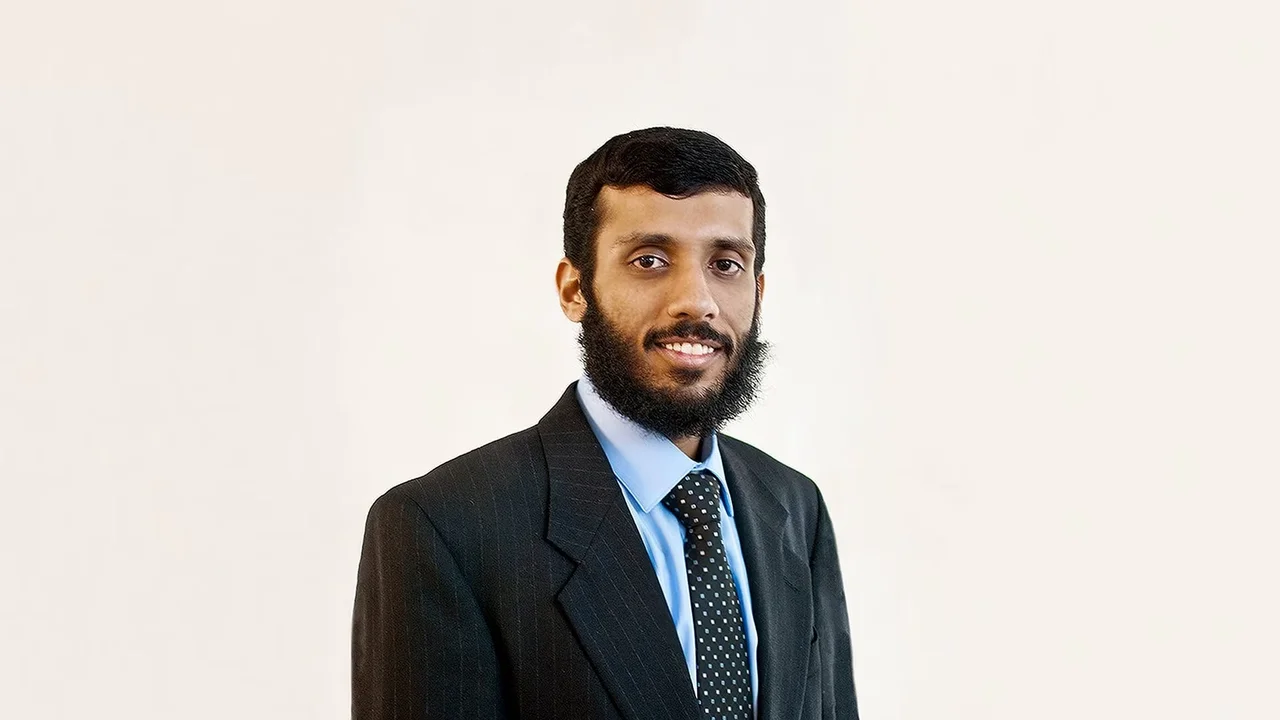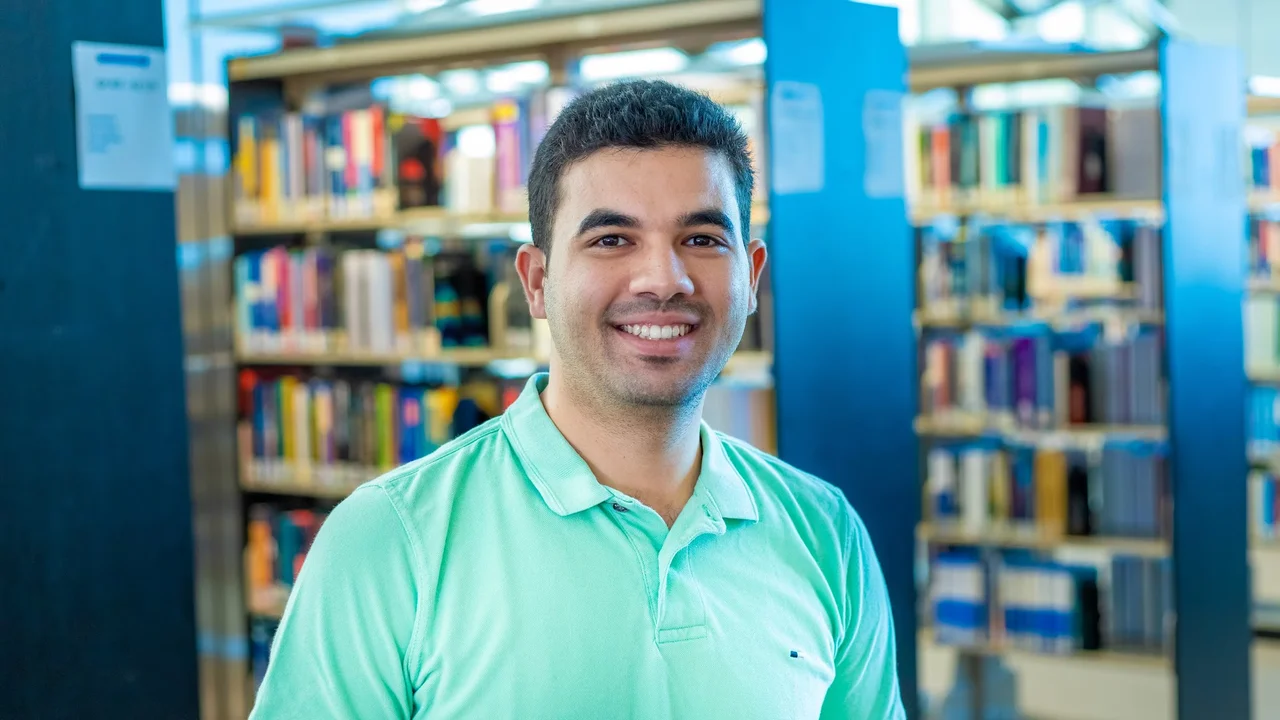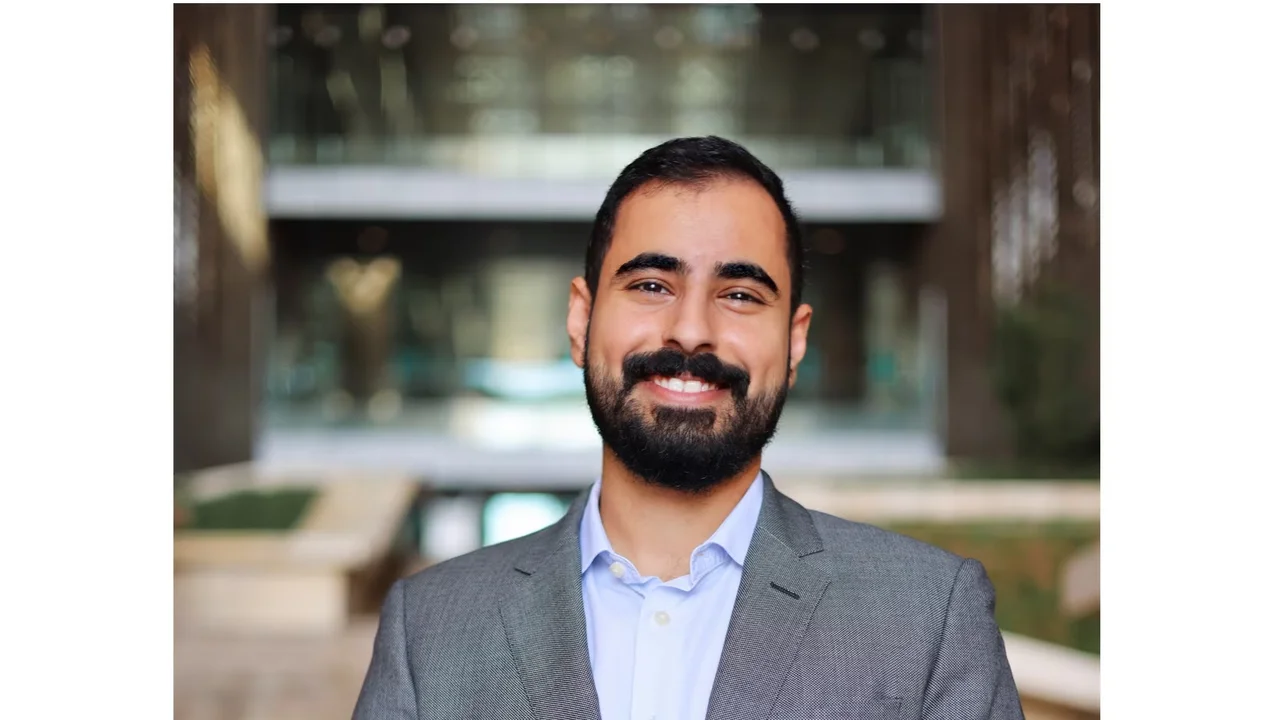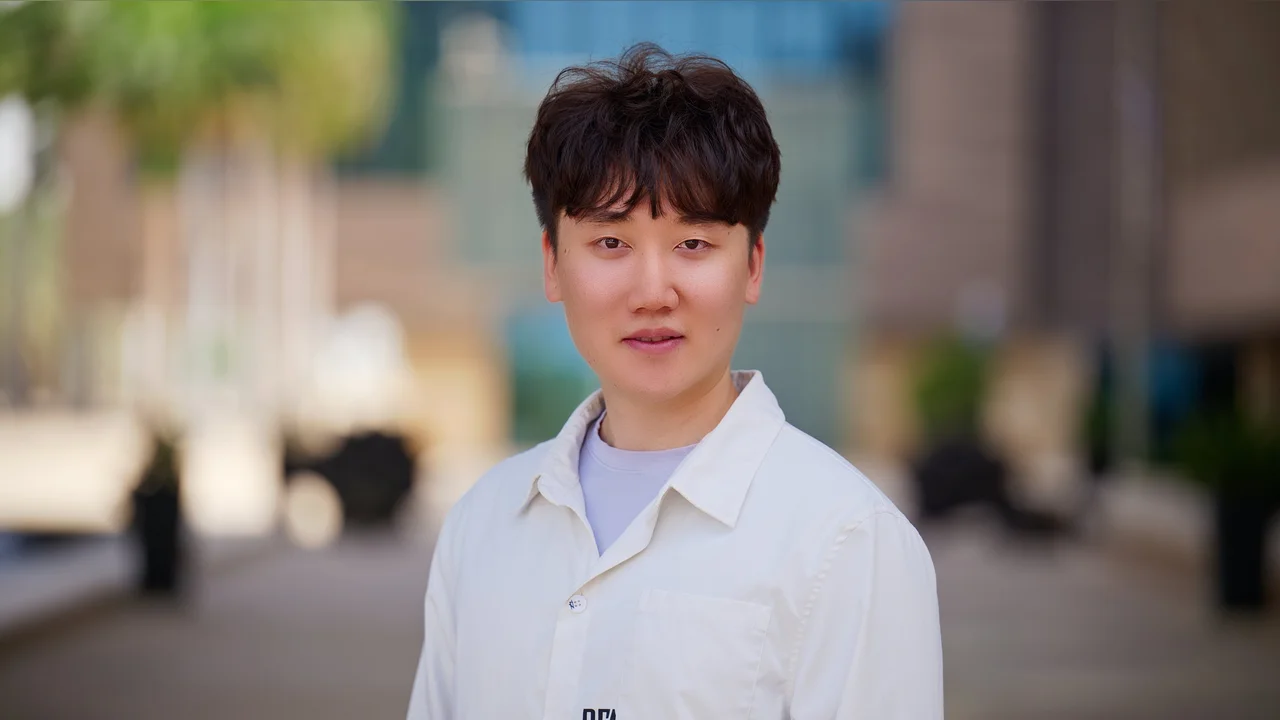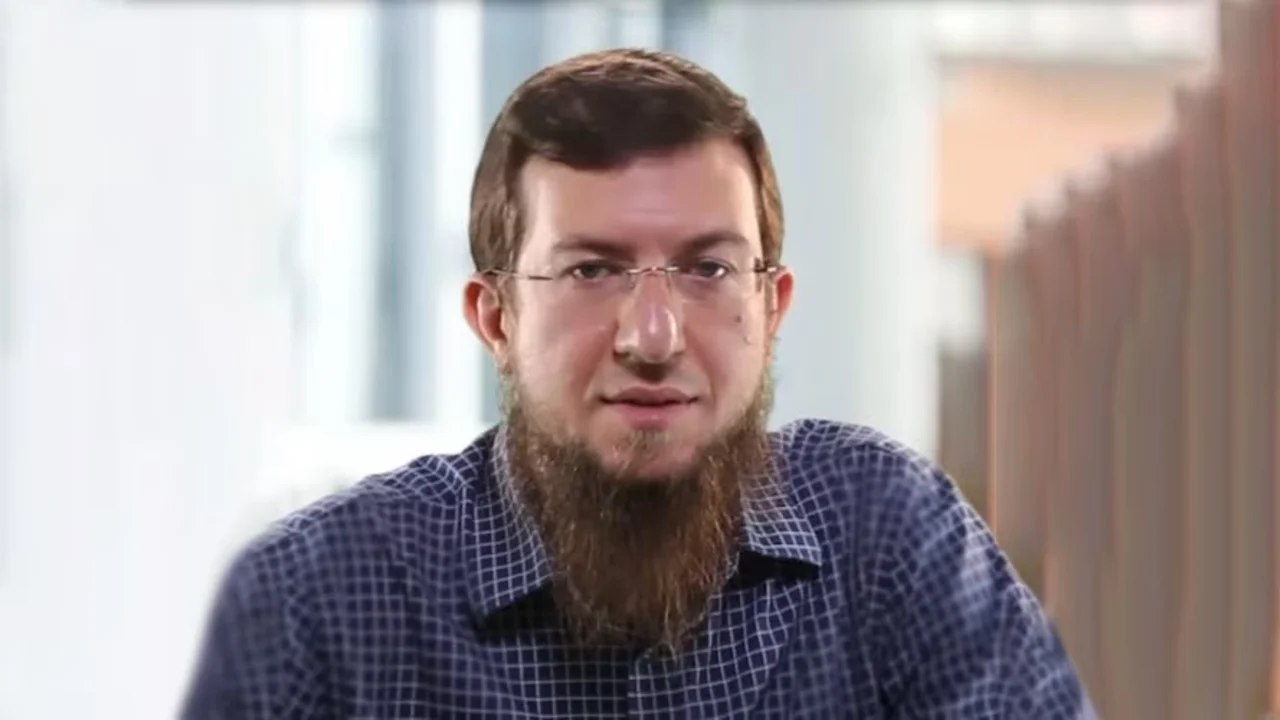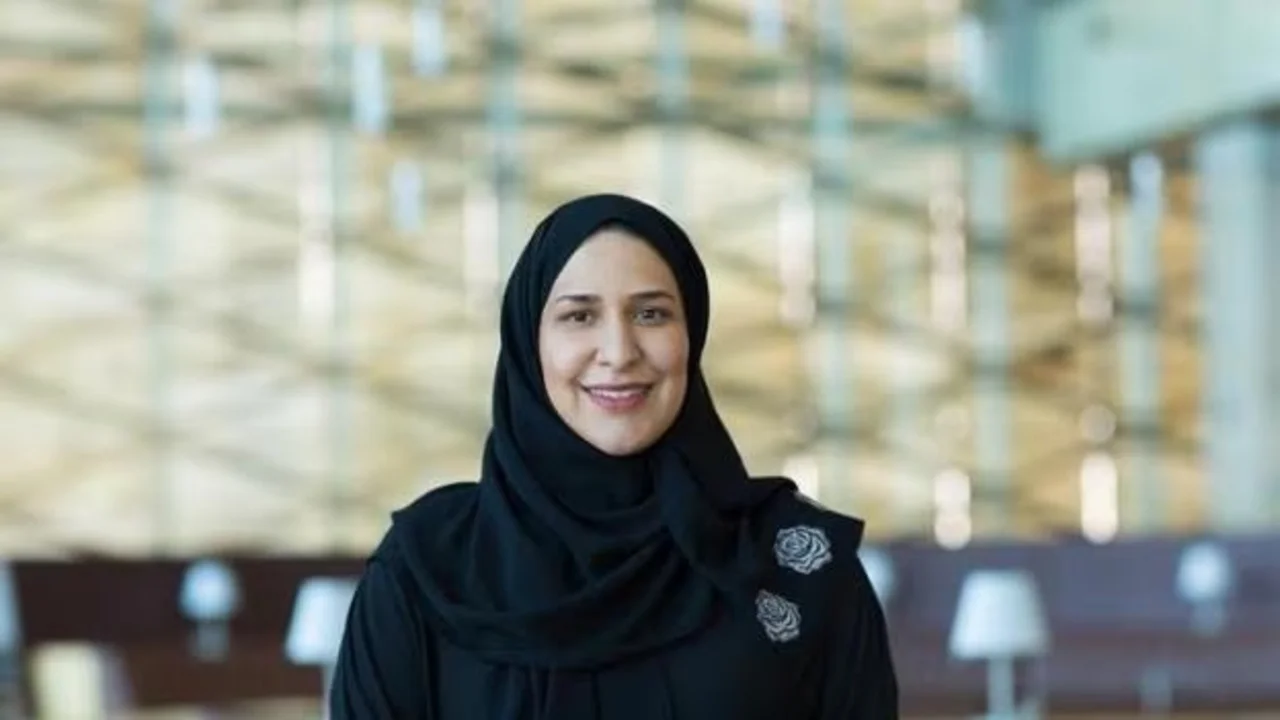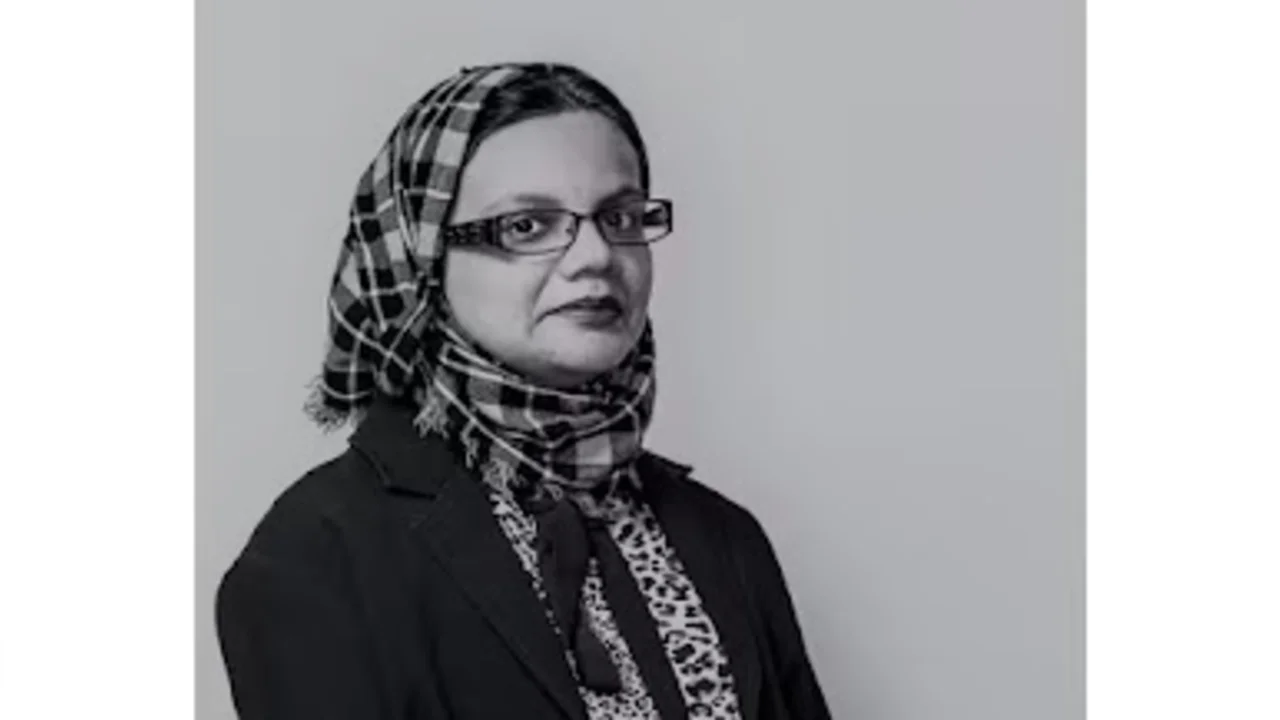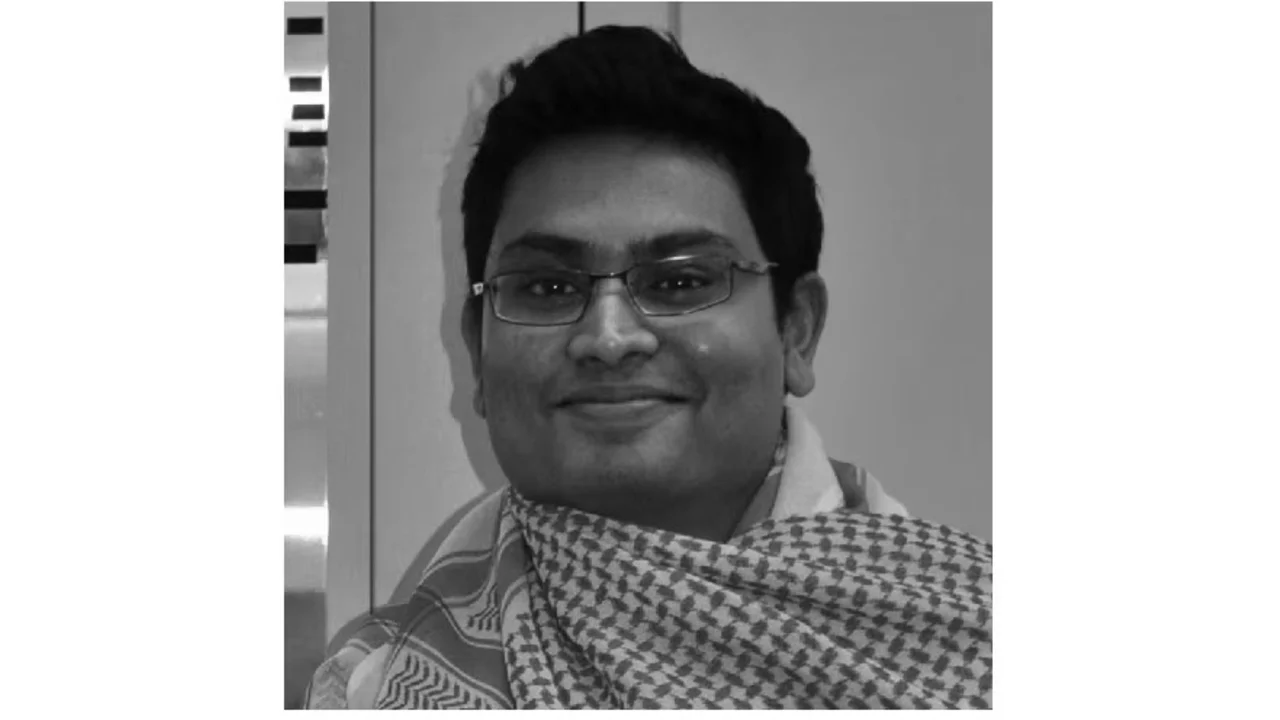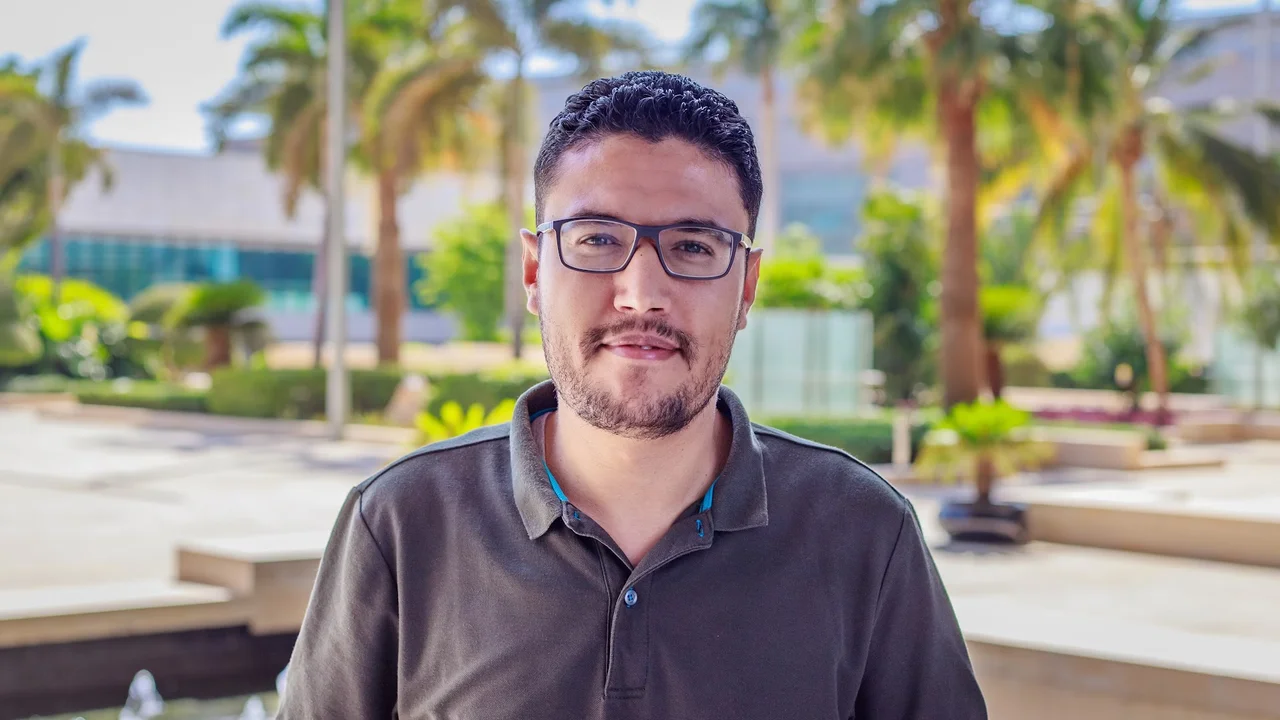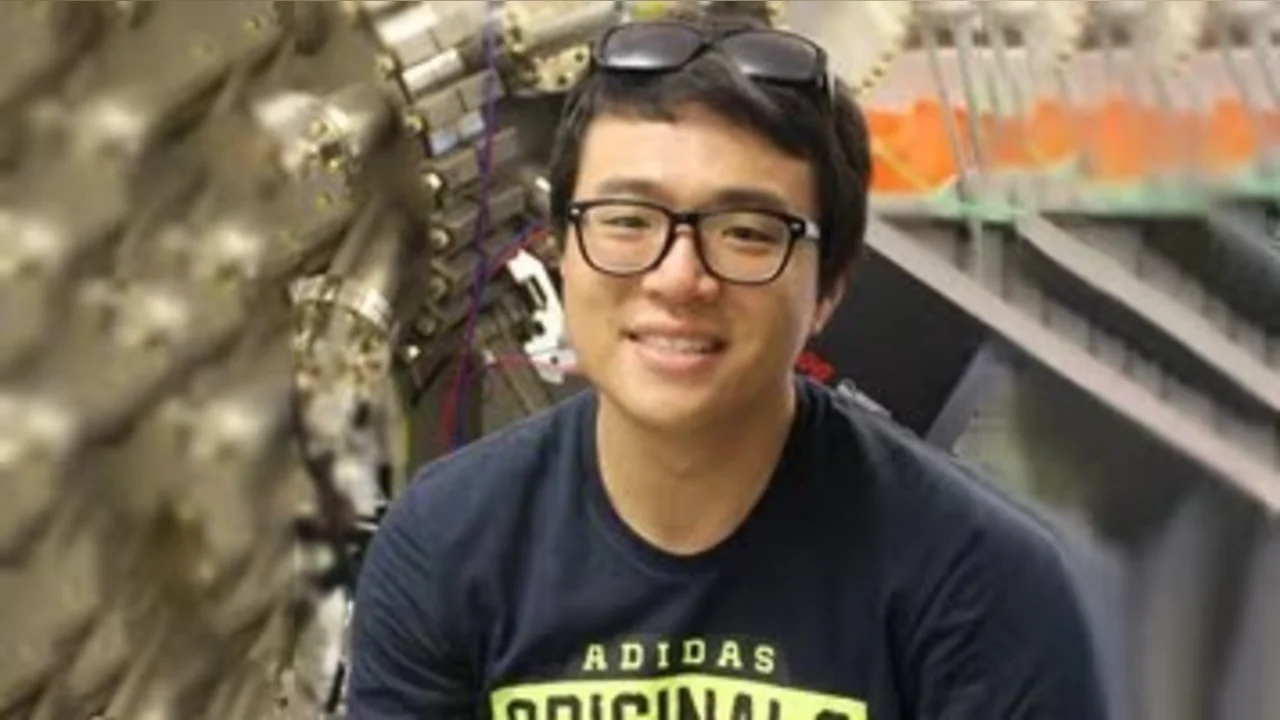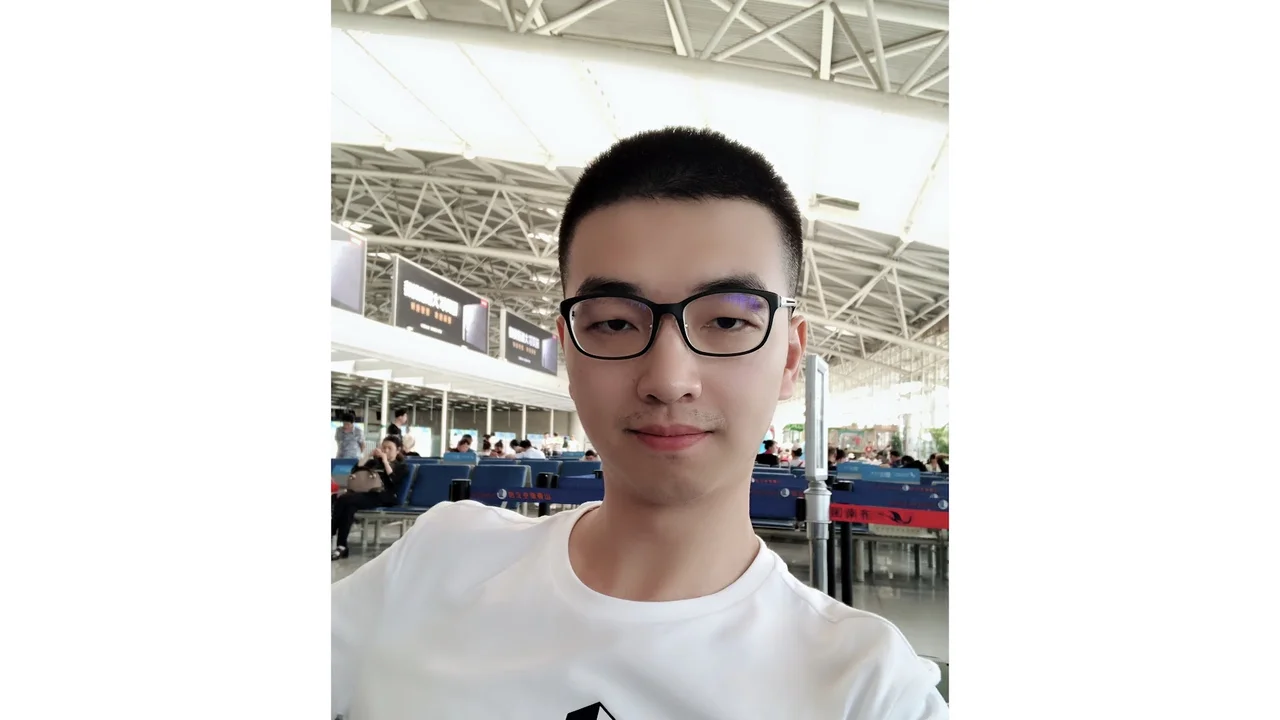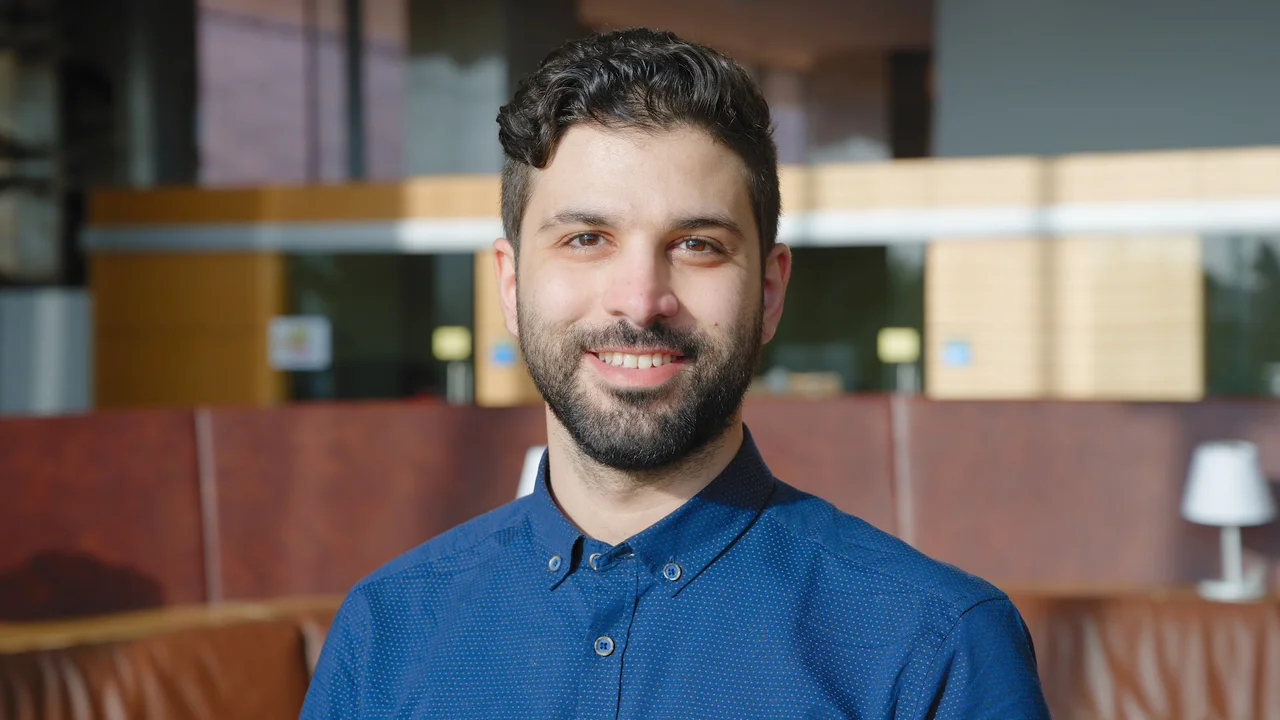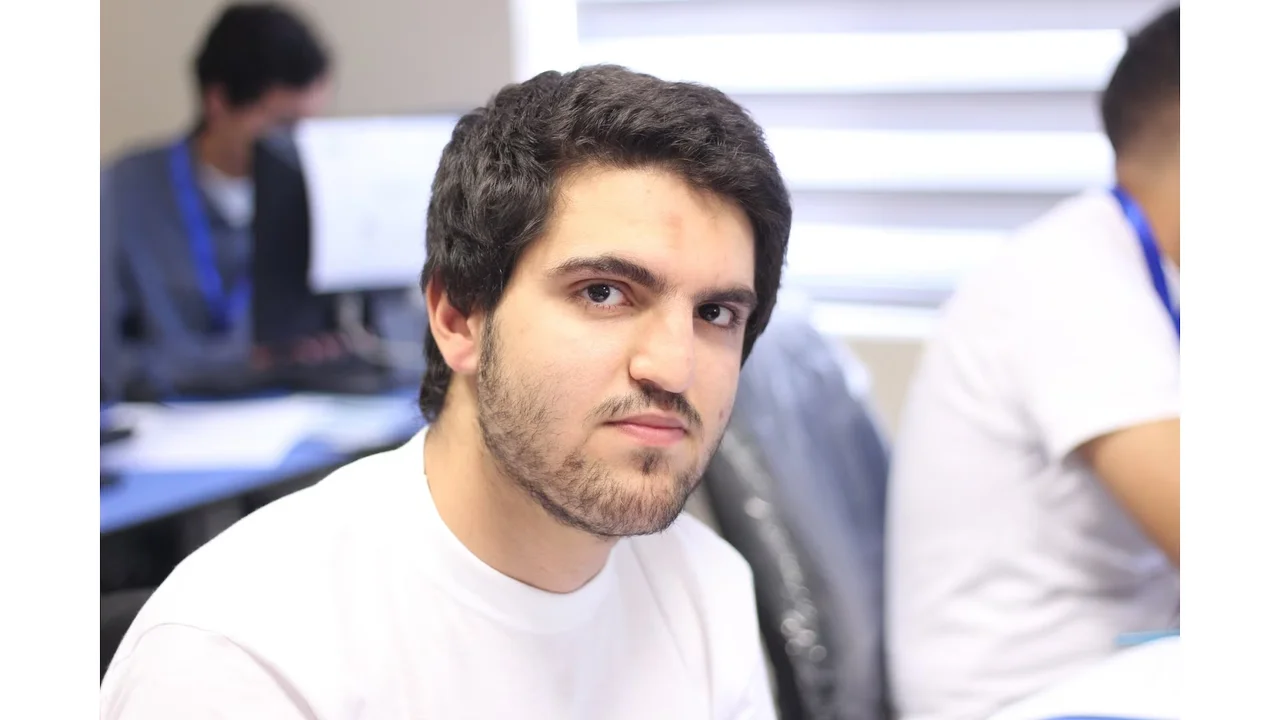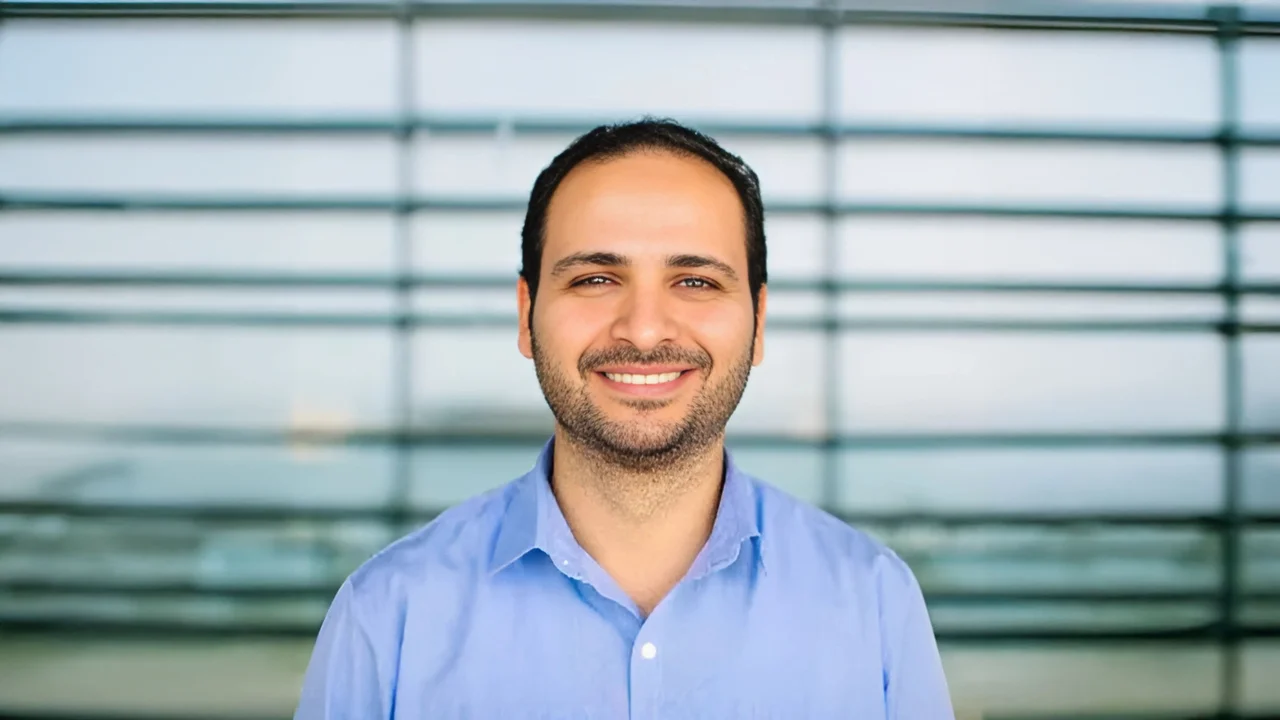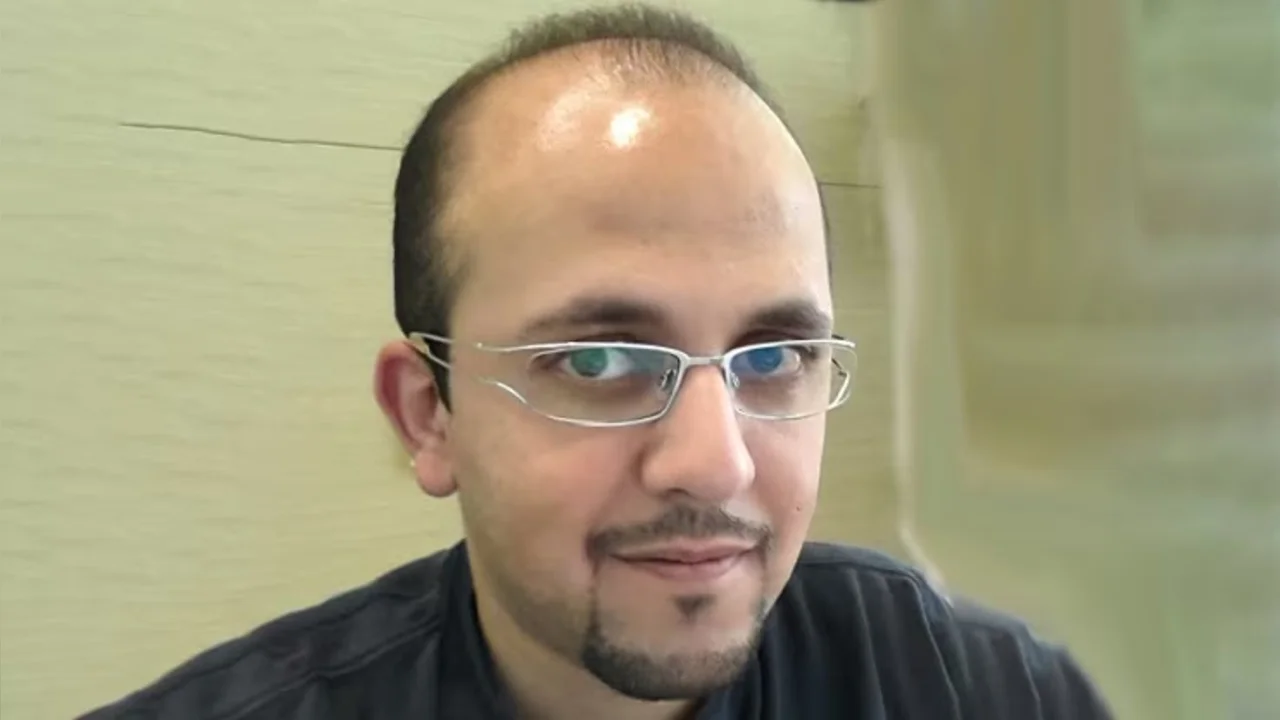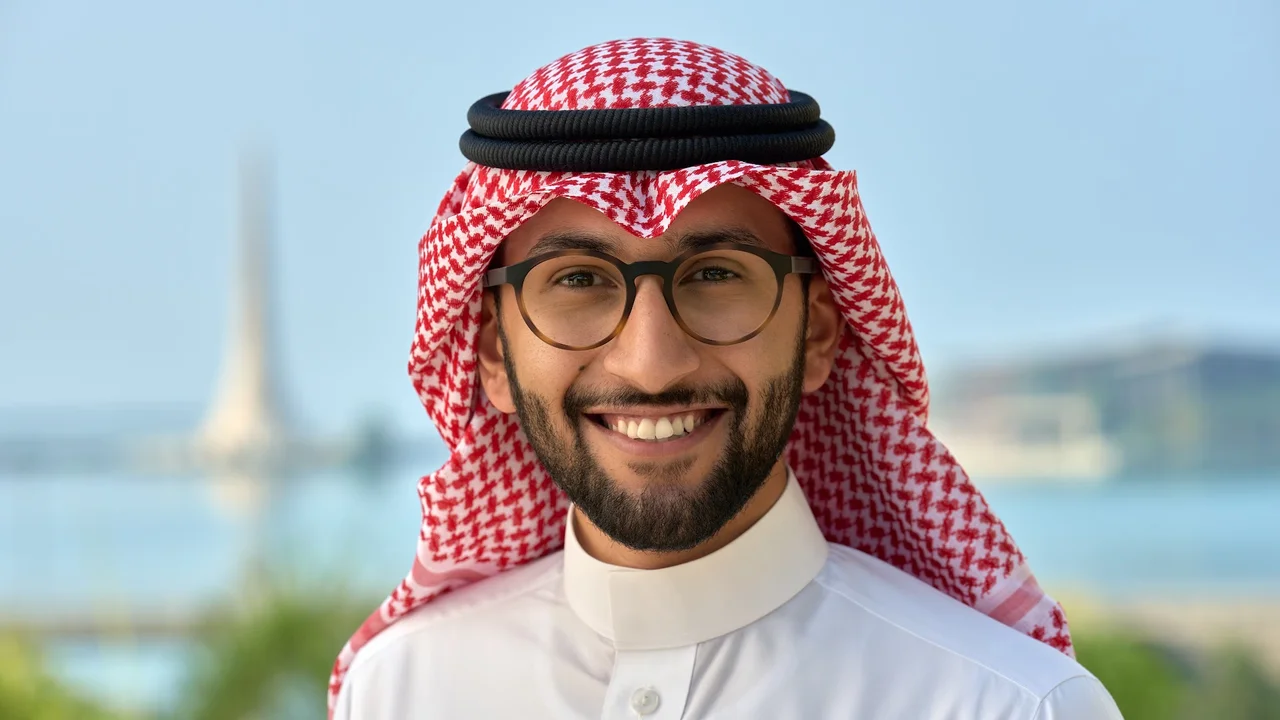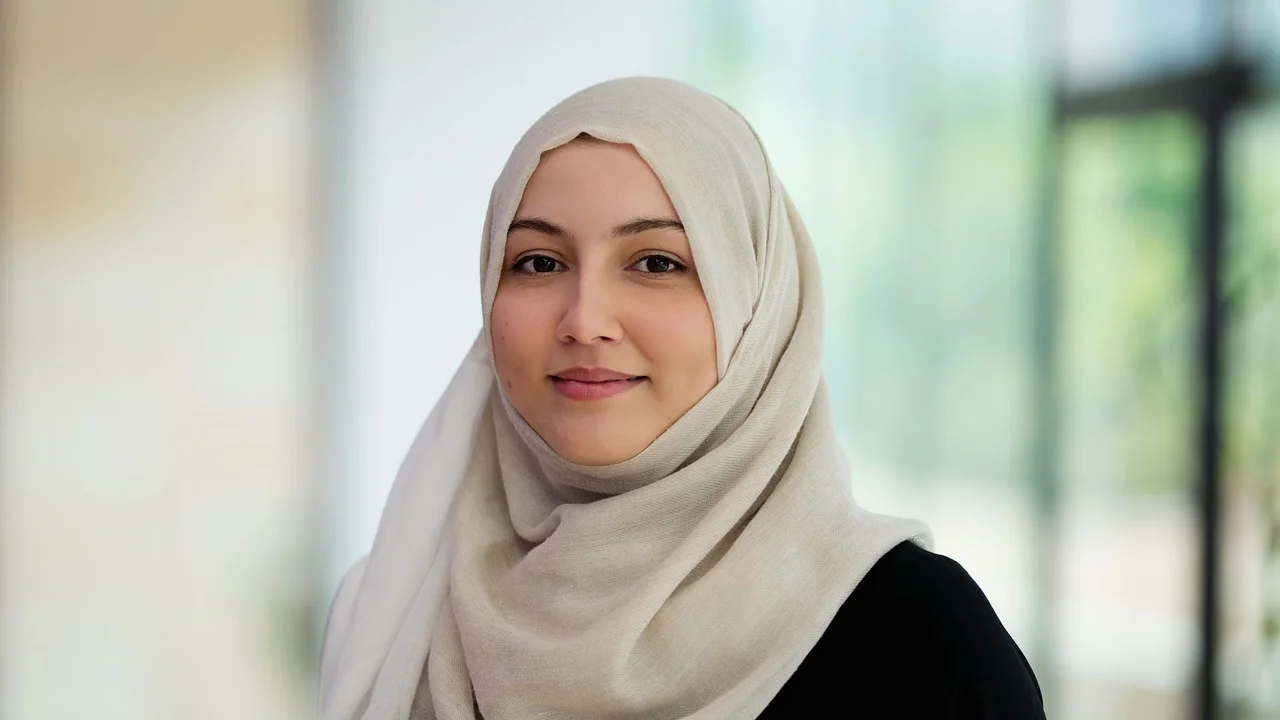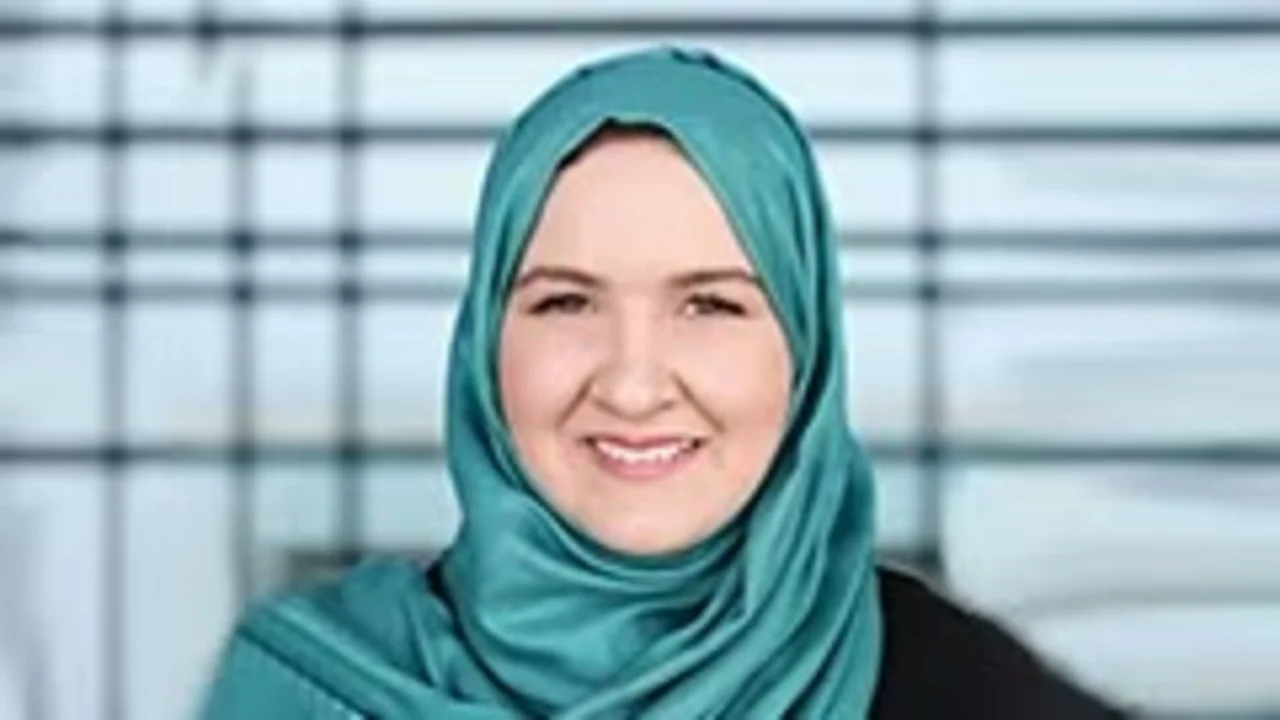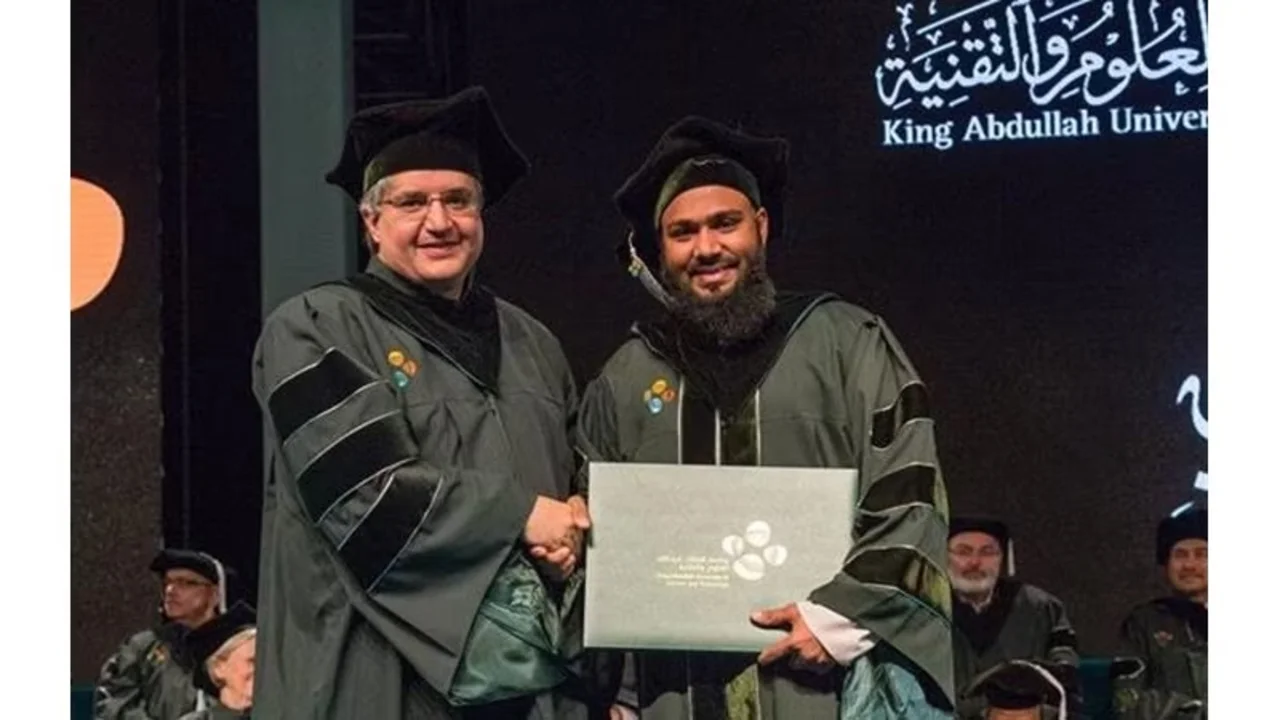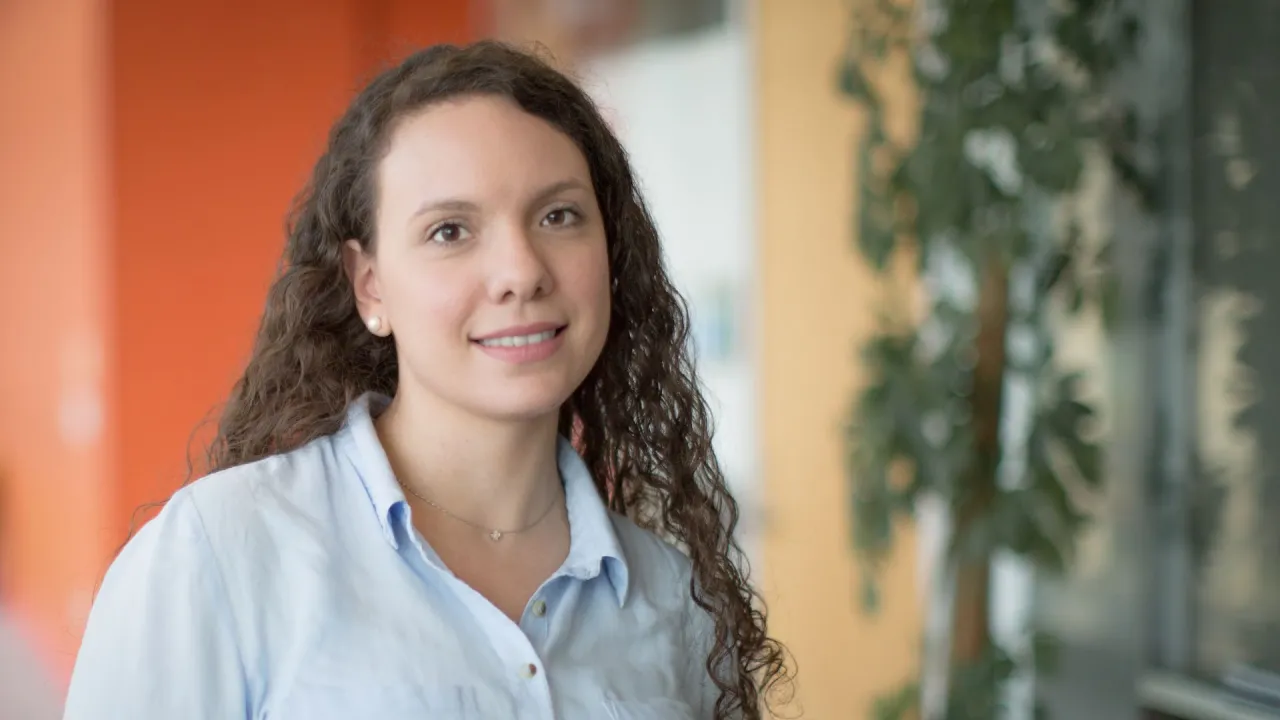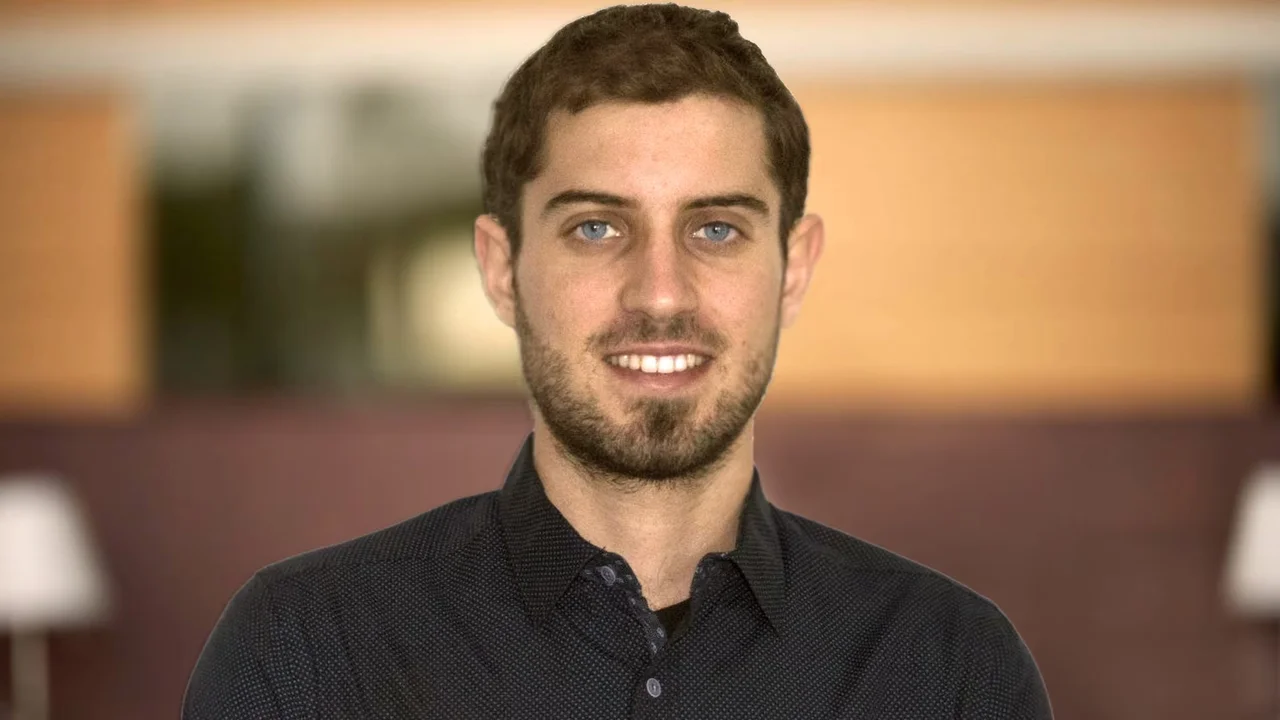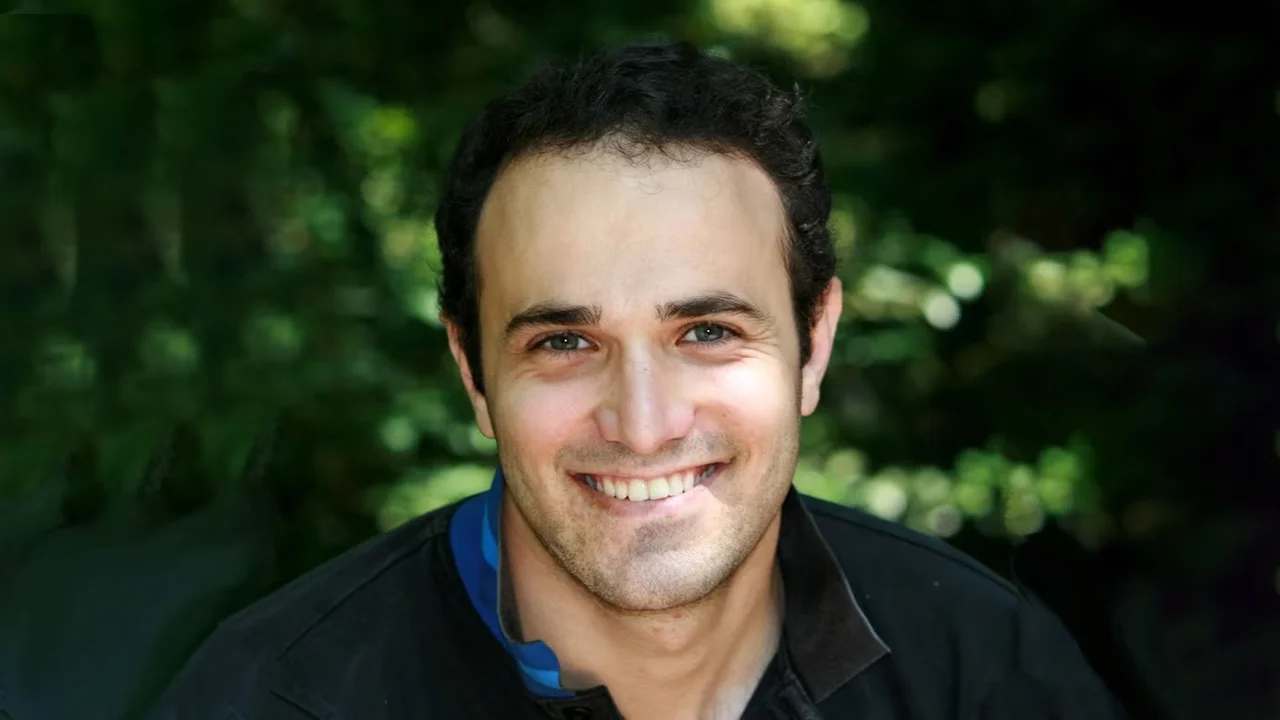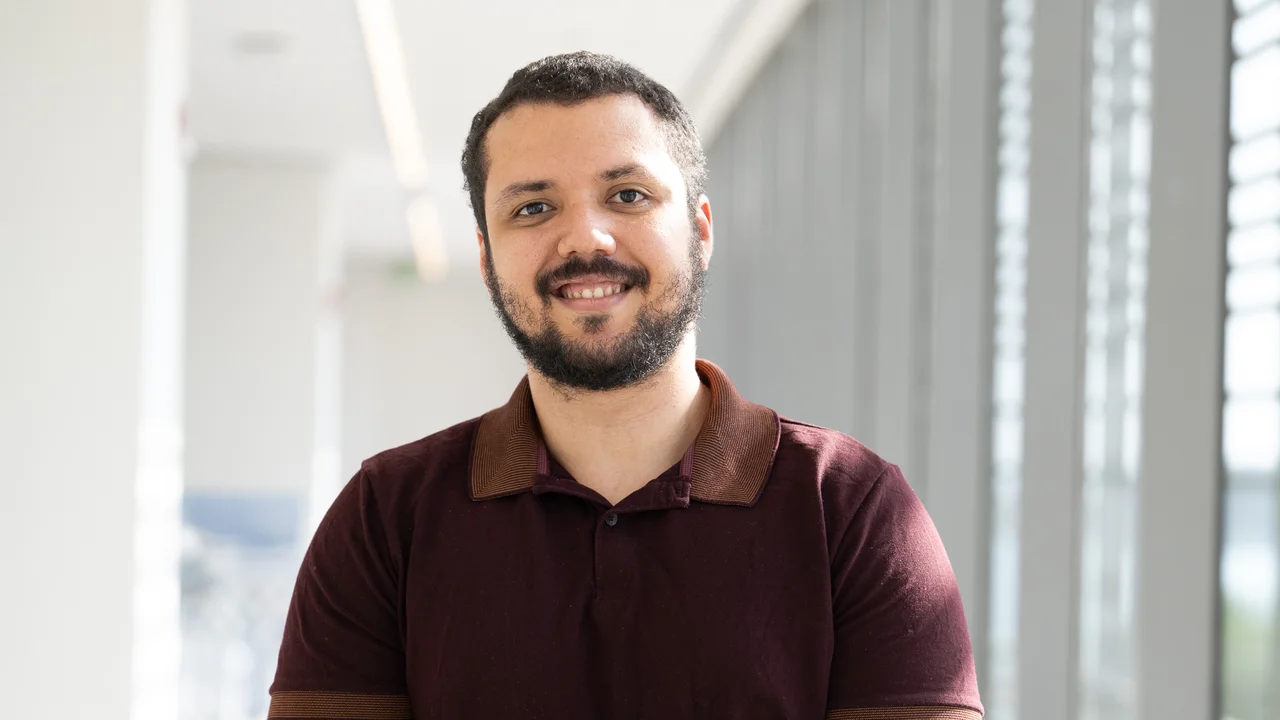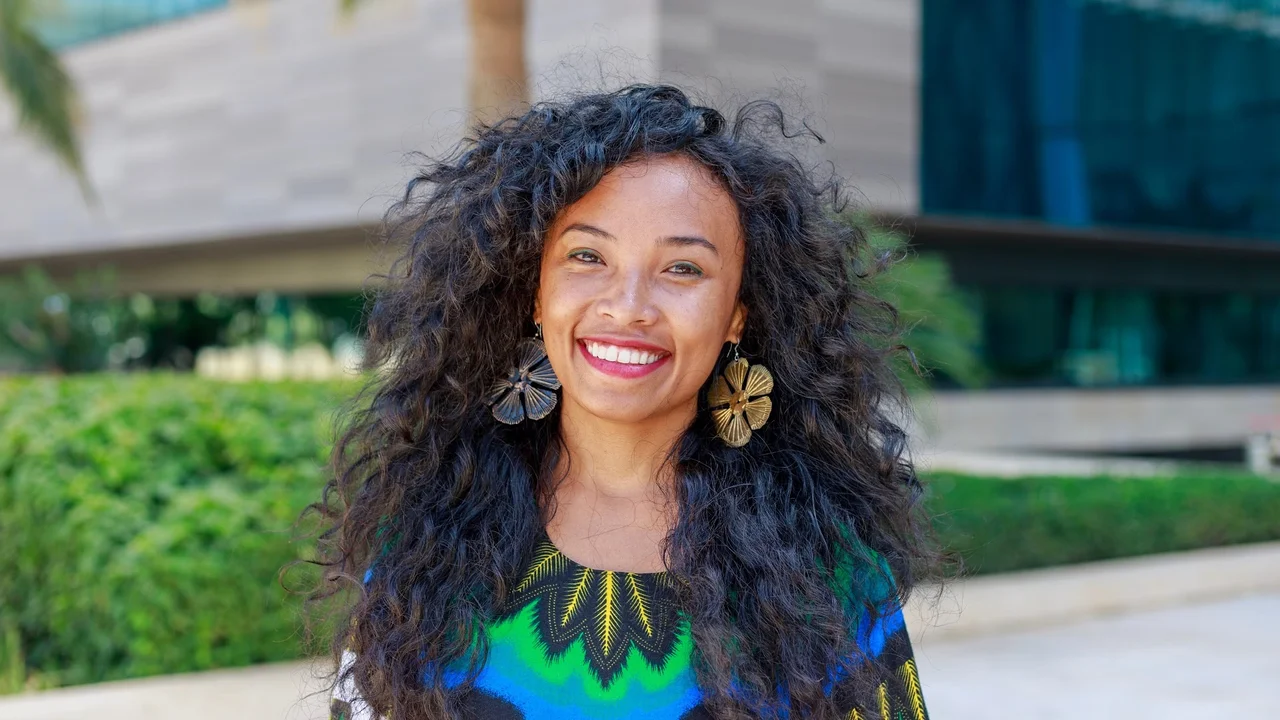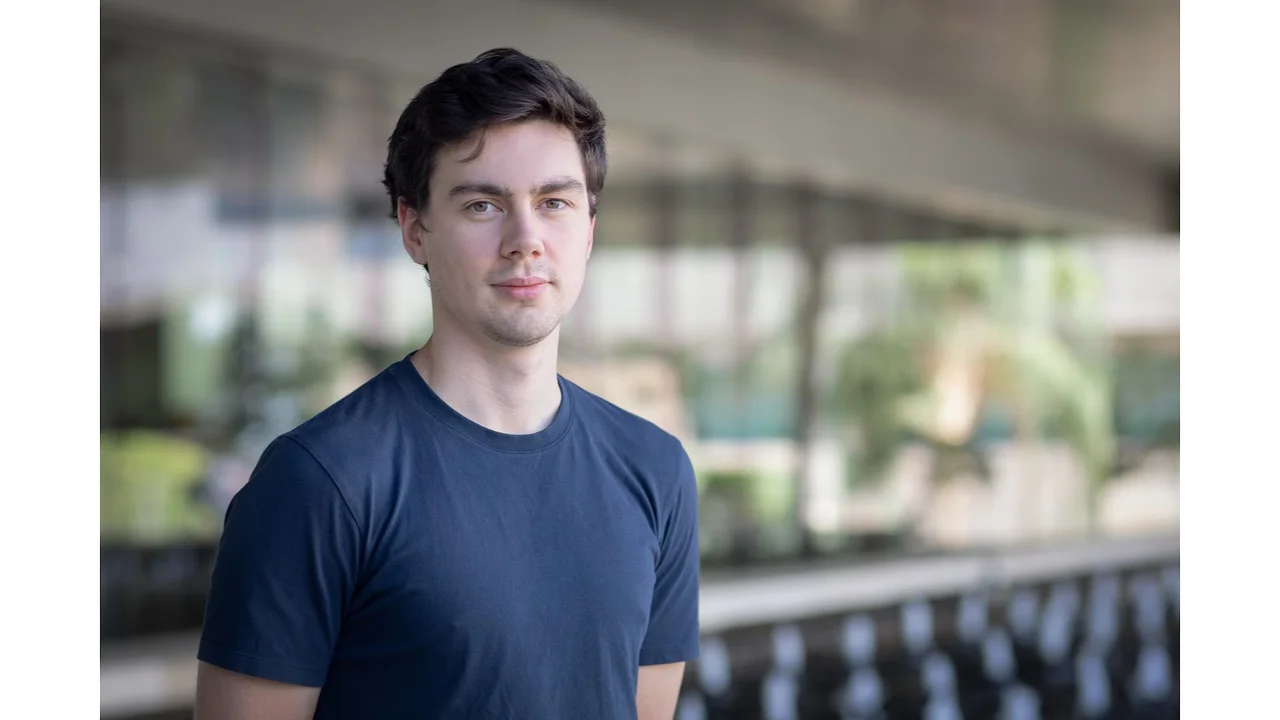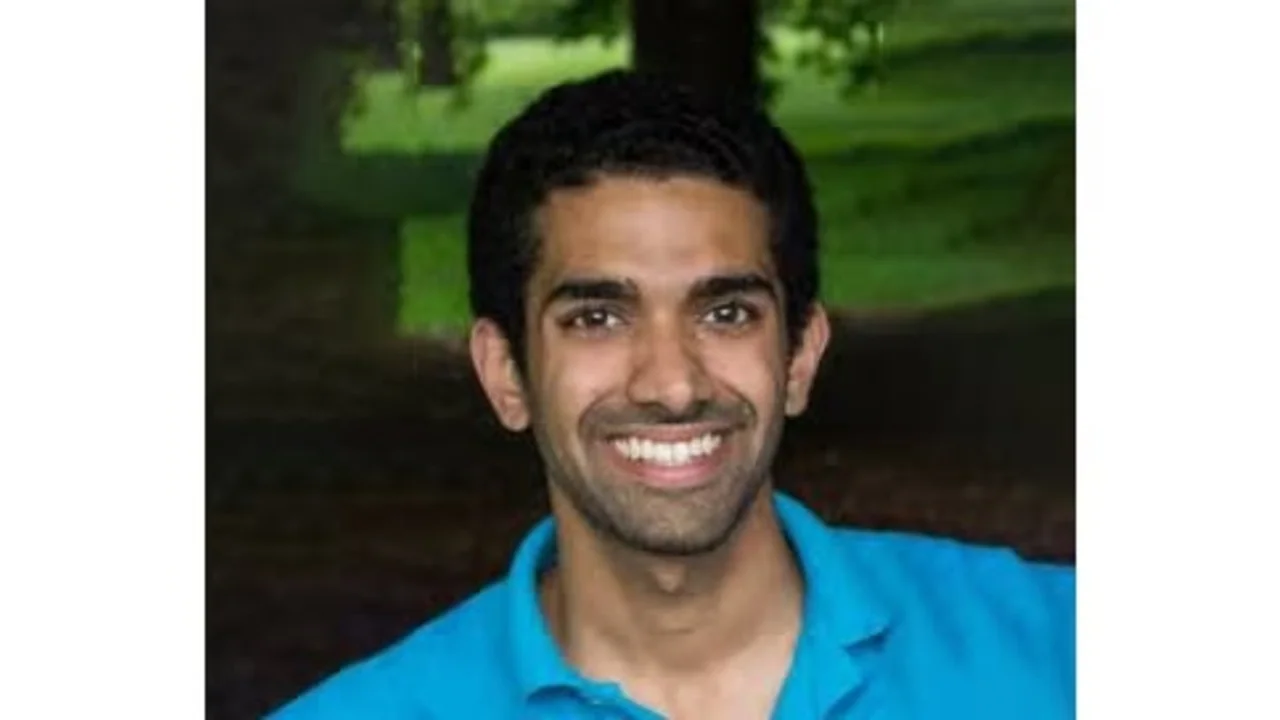Profiles
Alumni
Guoqing Ma
- Ph.D. Student, Computer Science
Biography
As an Electrical Engineer, I have extensive knowledge in Power Electronics, Energy Conversion, Power Systems, and Energy Flexibility. Also, I have strong experience and love for Control Theory and Optimization. I am currently studying Machine Learning and its applications.
Research Interests
- Power electronics
- Power systems
- Anomaly detection
- Artificial intelligence
Education
Haibo Wu
- M.S. Student, Statistics
Biography
Hakim Ghazzai, Senior Member, IEEE, joined the CEMSE Division as a Research Scientist in 2021. Previously, he held several research scholar positions with the Qatar Mobility Innovations Center (QMIC), Qatar, Karlstad University, Sweden, and Stevens Institute of Technology, NJ, USA. Since 2019, he has been on the Editorial Board of the IEEE Communications Letters and the IEEE Open Journal of the Communications Society. Since 2020, he joined the Board of IoT and Sensor Networks (a specialty section of Frontiers in Communications and Networks) as an associate editor. He is a recipient of appreciation for being an exemplary reviewer for IEEE Wireless Communications Letters in 2016 and IEEE Communications Letters in 2017. He is the recipient of the best paper awards at the 2023 IEEE International Conference on Smart Mobility and the 2017 International Conference on Advances in Vehicular Systems, Technologies, and Applications. He is the author and co-author of more than 190 publications. His general research interests include applied artificial intelligence for smart cities, the Internet of things, Intelligent Transportation Systems (ITS), mobile and wireless networks, and Unmanned Aerial Vehicles (UAVs).
Research Interests
Hakim's research focuses on the following areas:
- Green communications
- Smart city applications
- Artificial intelligence
- The Internet-of-Things
- Intelligent transportation systems
Education
Hassan AbouEisha
- Ph.D. Student, Computer Science
Hassan Jaleel
- Postdoctoral Research Fellow, Electrical and Computer Engineering
Hatoon H. Al Ali
- M.S. Student, Bioengineering
Biography
Heng Wang is a Ph.D. Candidate in Electrical and Computer Engineering of King Abdullah University of Science and Technology (KAUST), where he specializes in nanofabrication, lithography, and nanodevice processing. He earned his bachelor's degree in Microelectronic Science and Engineering from the University of Electronic Science and Technology of China (UESTC). During his academic career, he developed strong hands-on experience in cleanroom processes and supported collaborative research in advanced electronics and quantum devices.
Research Interests
My research focuses on the development of graphene-based geometric diodes for terahertz (THz) rectennas, aiming to enable efficient high-frequency energy harvesting and detection. I specialize in nanofabrication techniques such as electron beam lithography to realize ultra-small, high-performance devices. My work also integrates cleanroom process optimization and AI to advance next-generation nano devices.
Education
Biography
Ibrahim Abdelaziz is a Senior Research Scientist at IBM Research, where he focuses on enhancing the capabilities of Large Language Models (LLMs), particularly on improving their agentic and reasoning abilities. Prior to this, Ibrahim led several projects in the areas of knowledge graphs, question answering, knowledge representation, and reasoning. He earned his Ph.D. from KAUST, where his research focused on graph analytics and distributed computing, specifically on building distributed systems to efficiently manage, query, and mine large-scale graphs.
Research Interests
Ibrahim Abdelaziz's research interests included Data Mining over large datasets, Distributed Systems, Machine Learning and Pattern Recognition.
Research Interests
Israel's has experience in several advanced areas, including Voice Search Processing, Manifold Learning, Image Processing, Dimensionality Reduction, Optimization, and the mathematical foundations of deep learning. His primary objective is to develop professional, end-to-end technology solutions that integrate signal processing (both hardware and software), machine learning, MLOps, and robust back-end systems.
